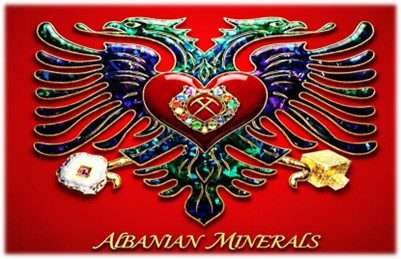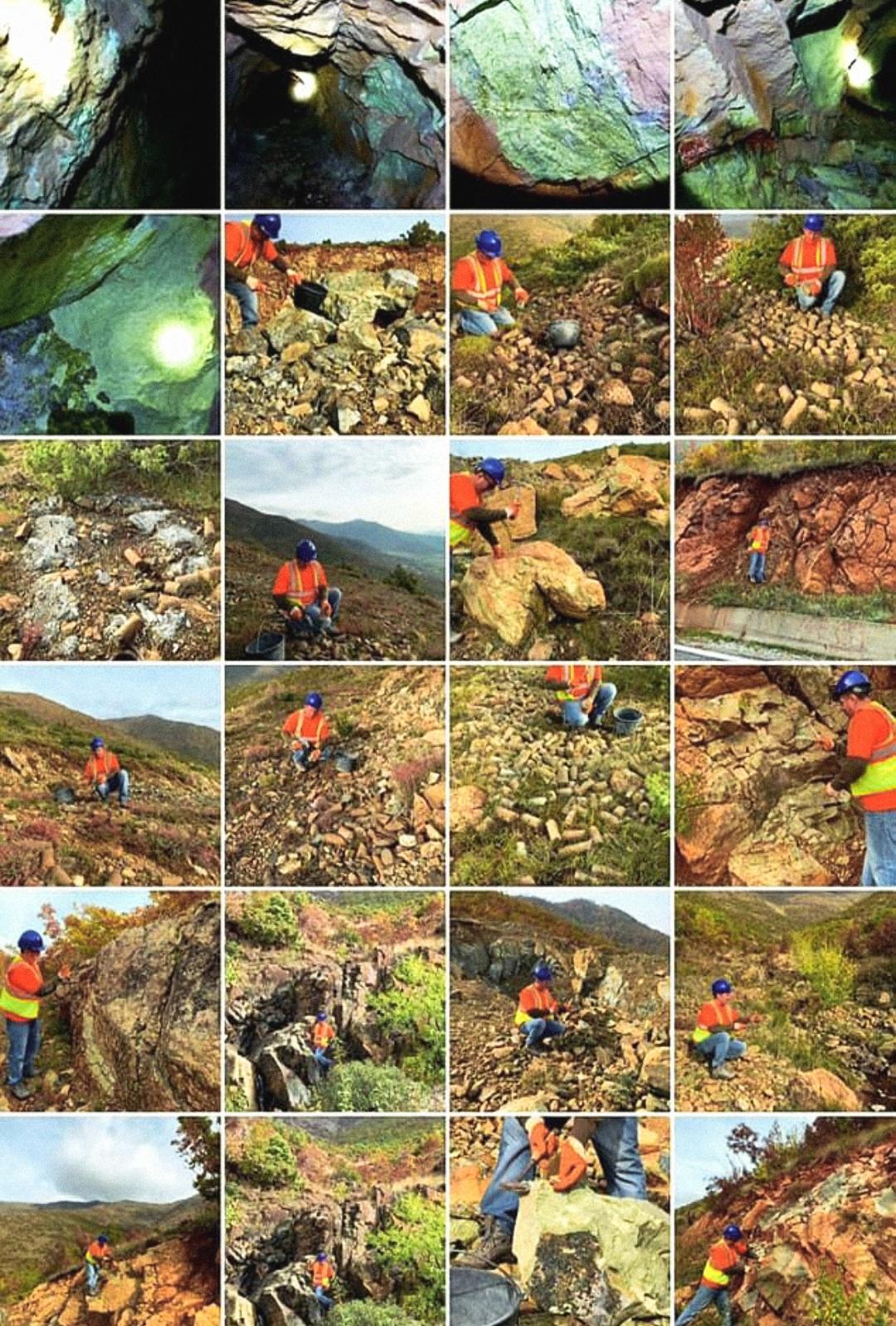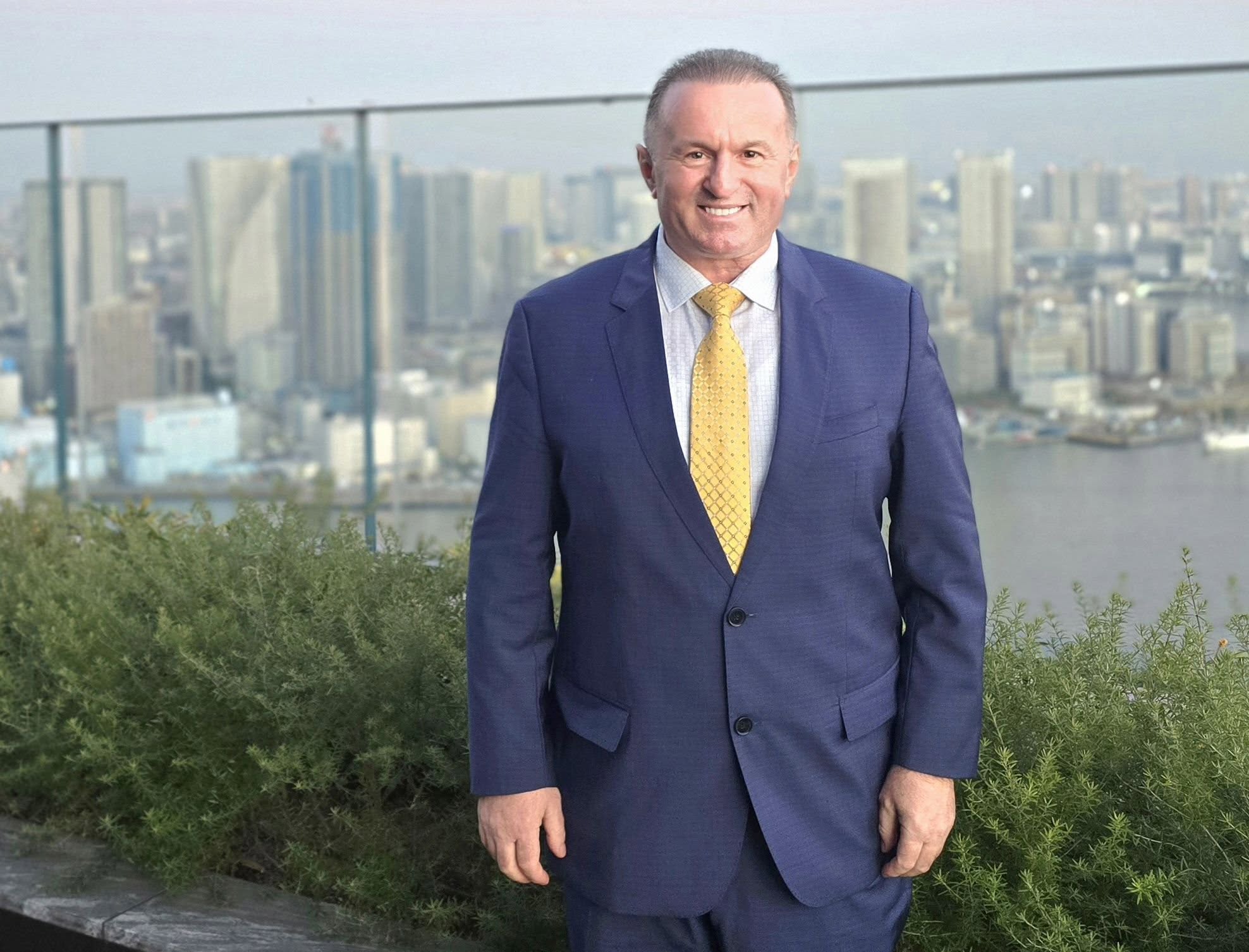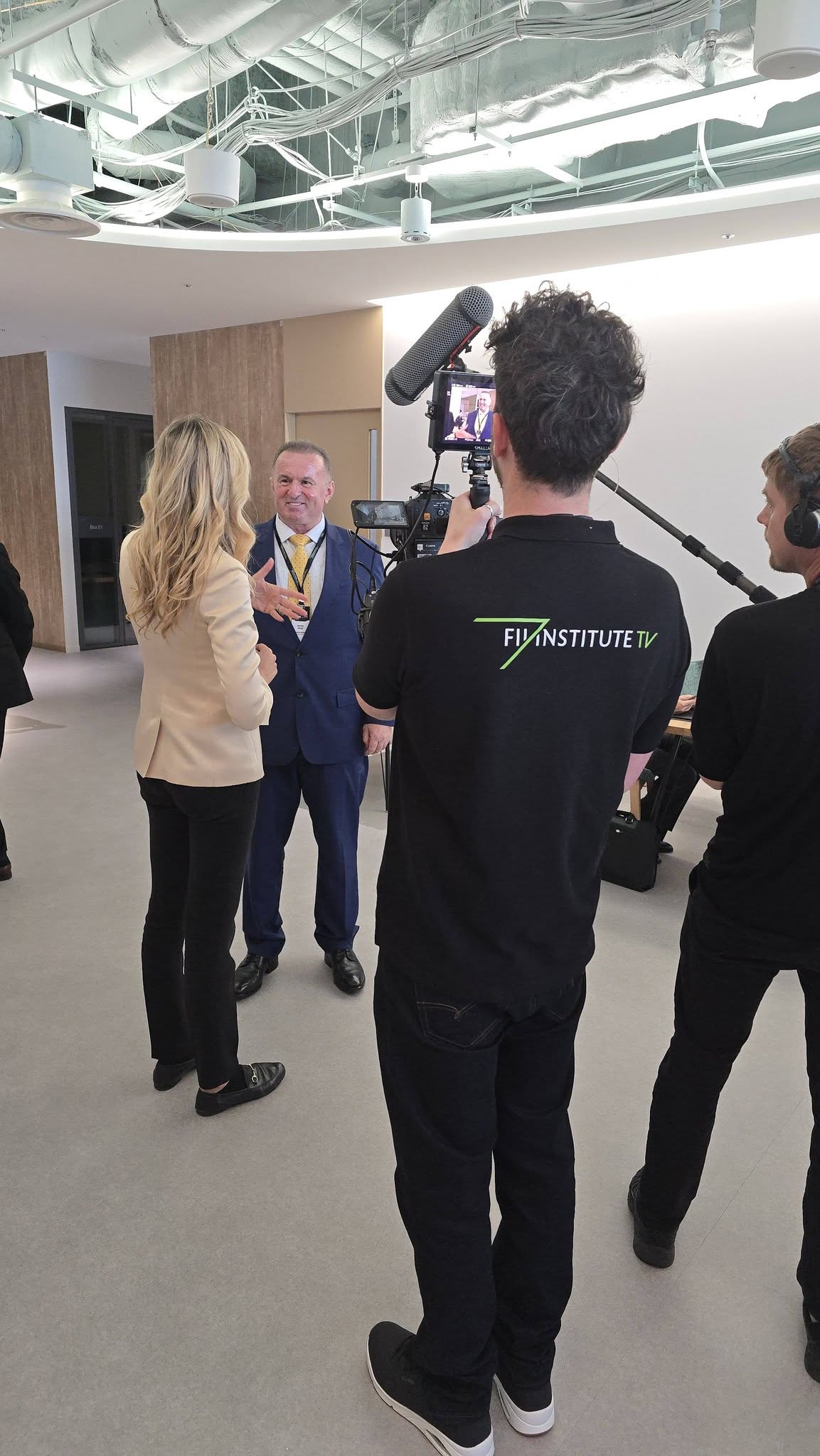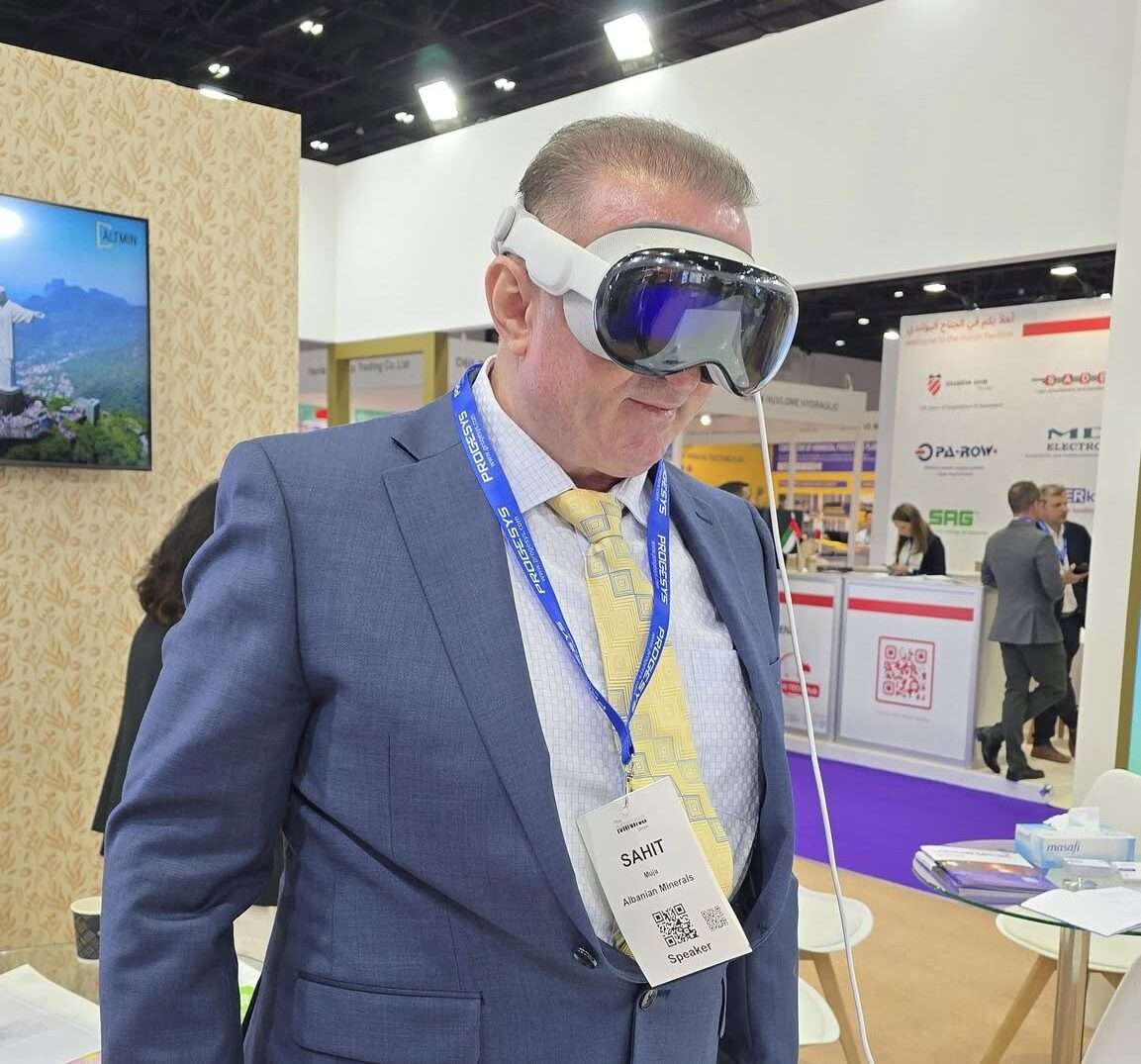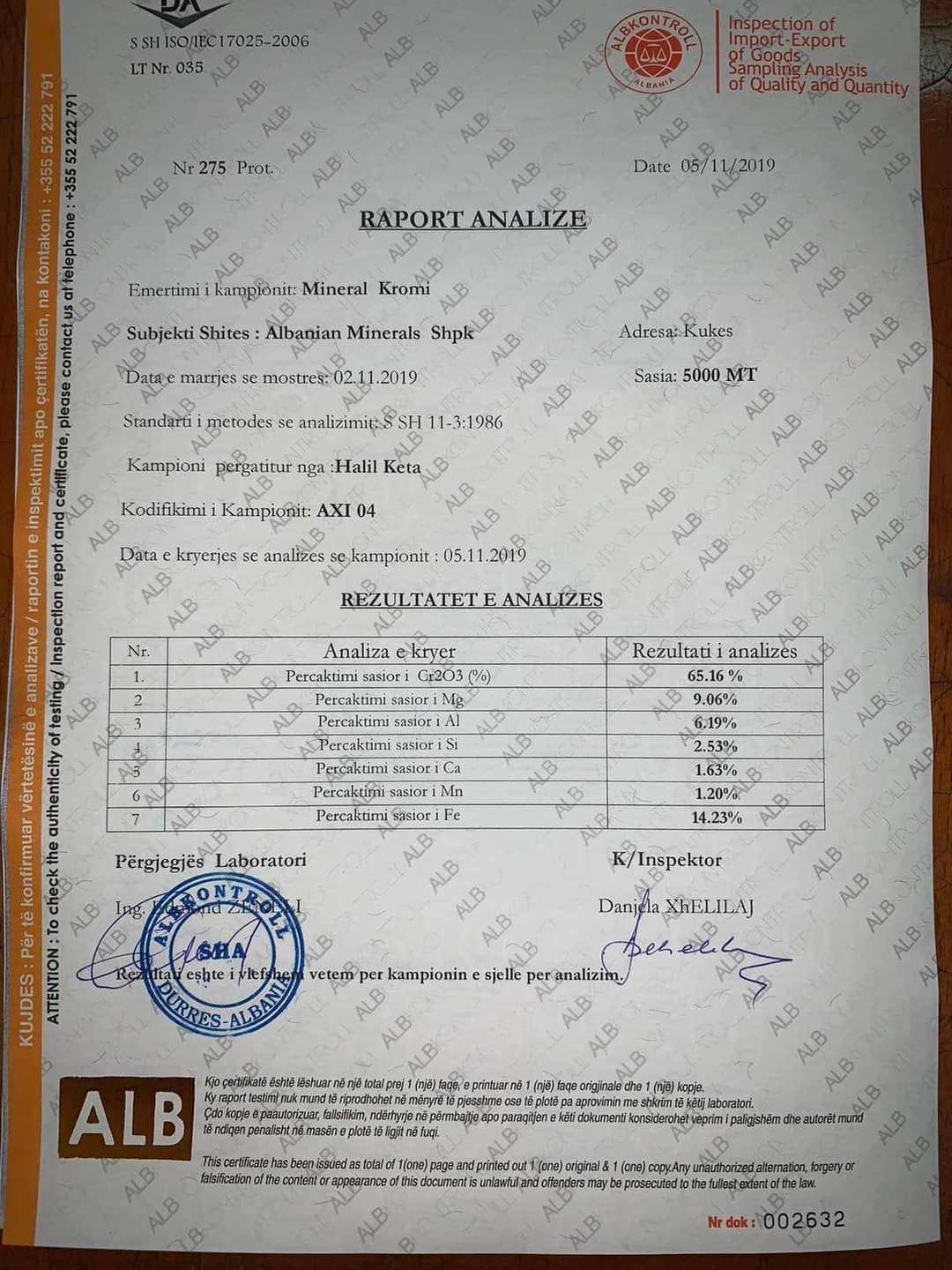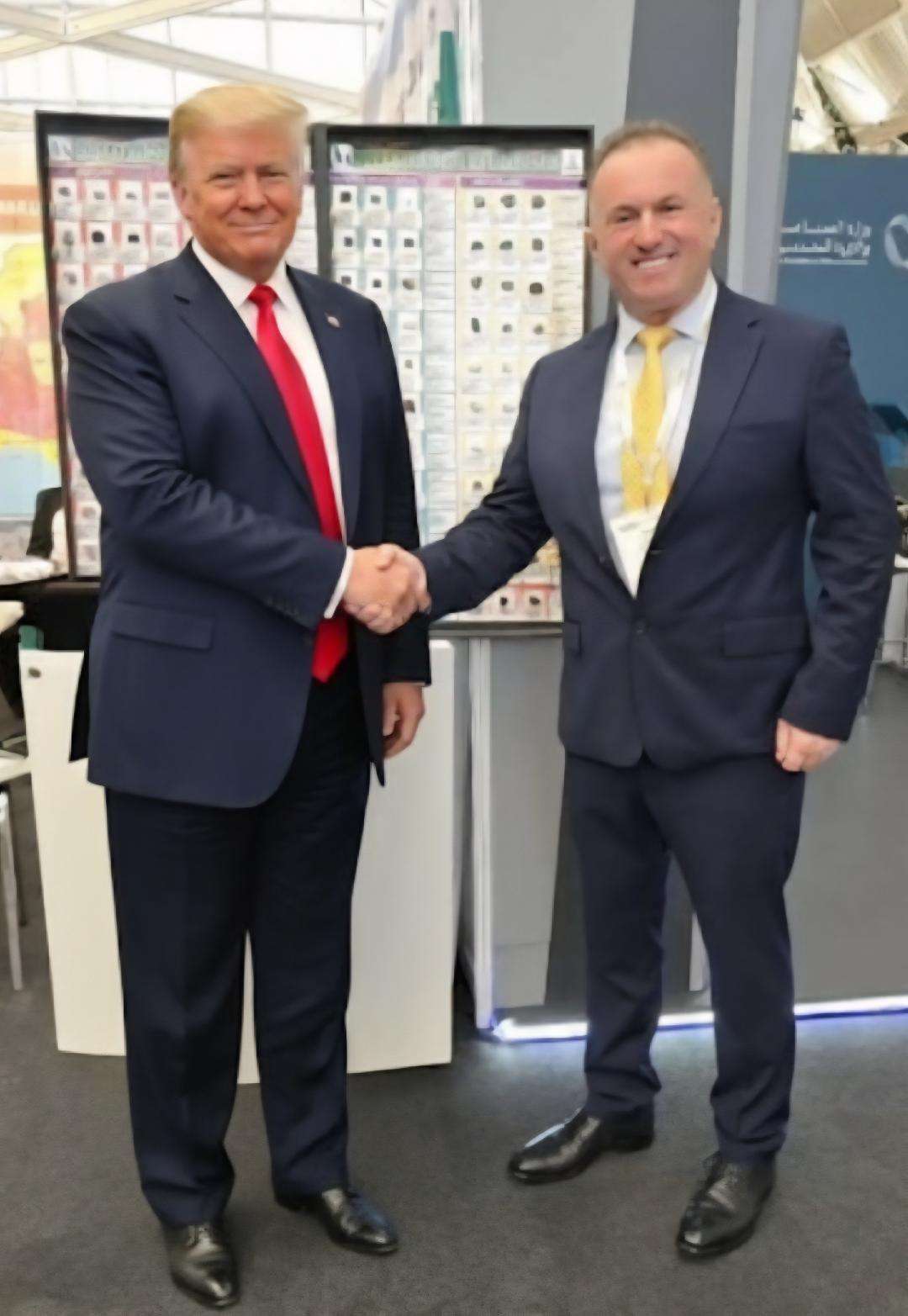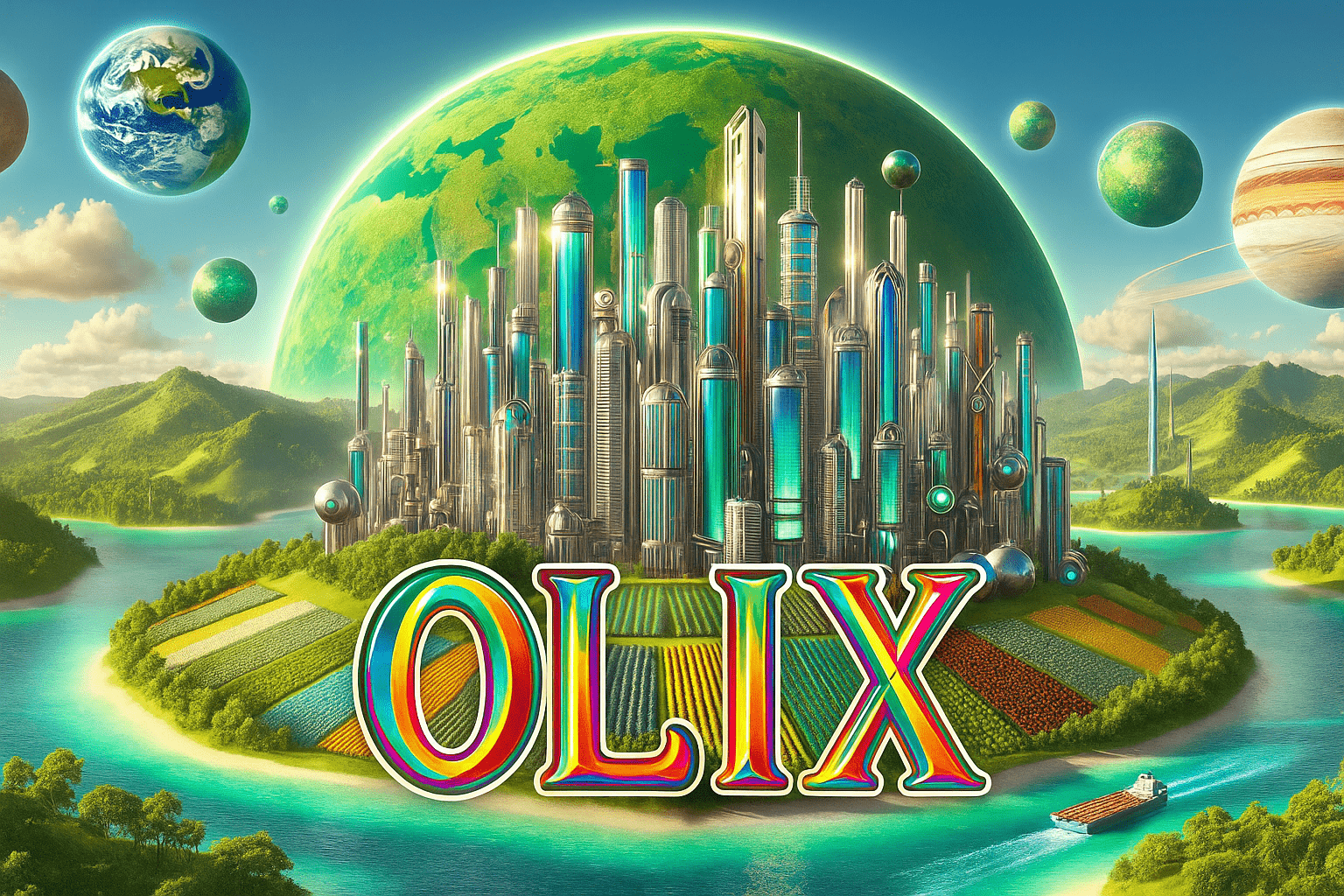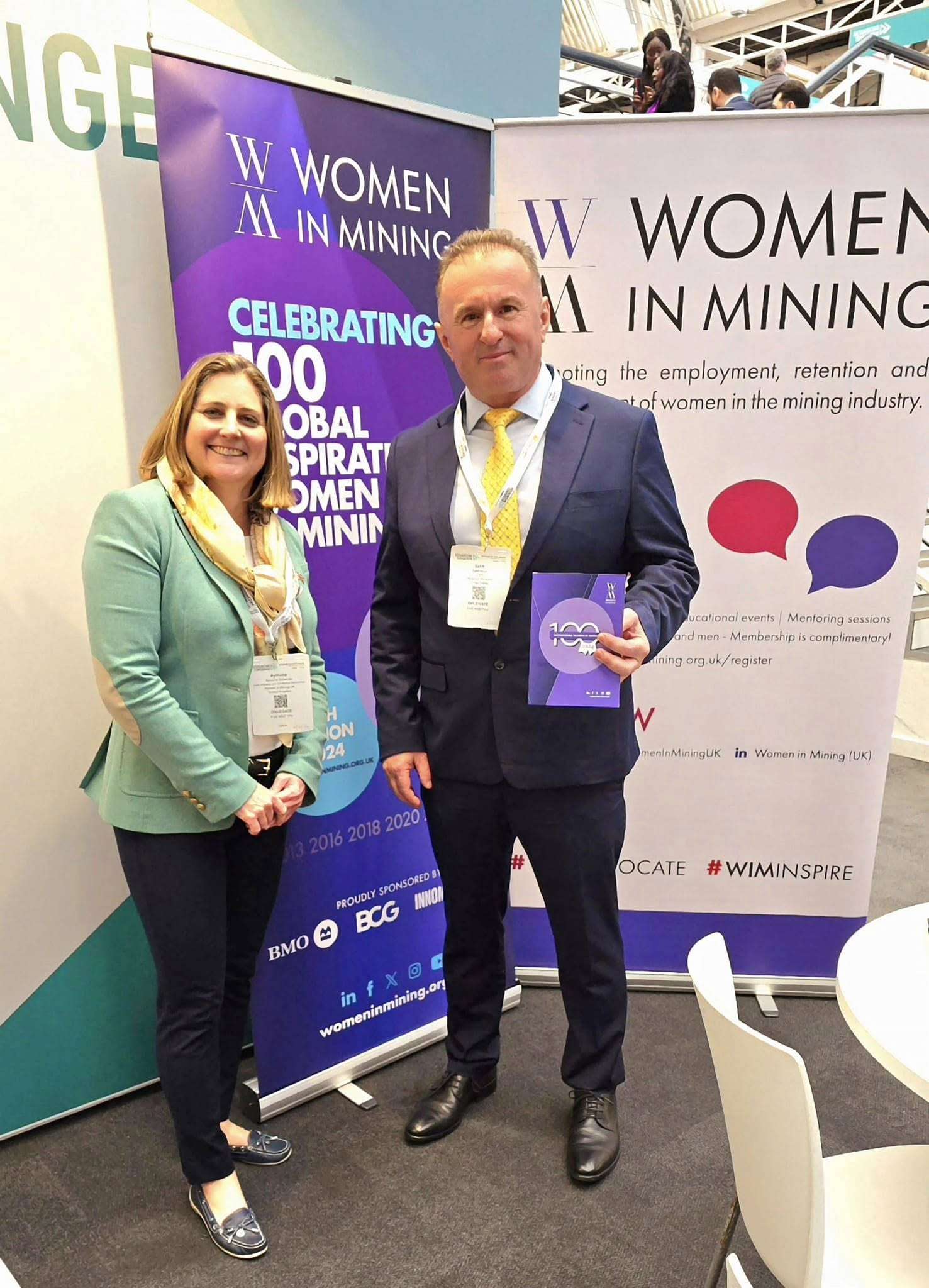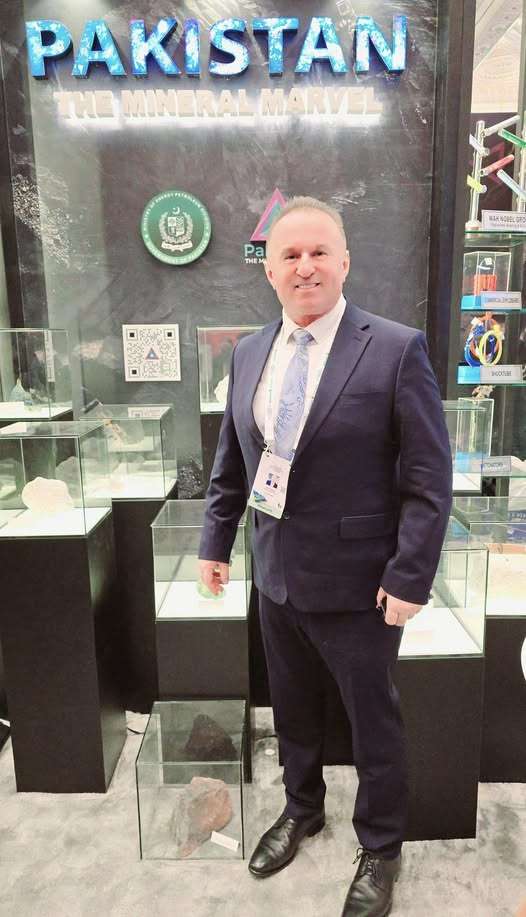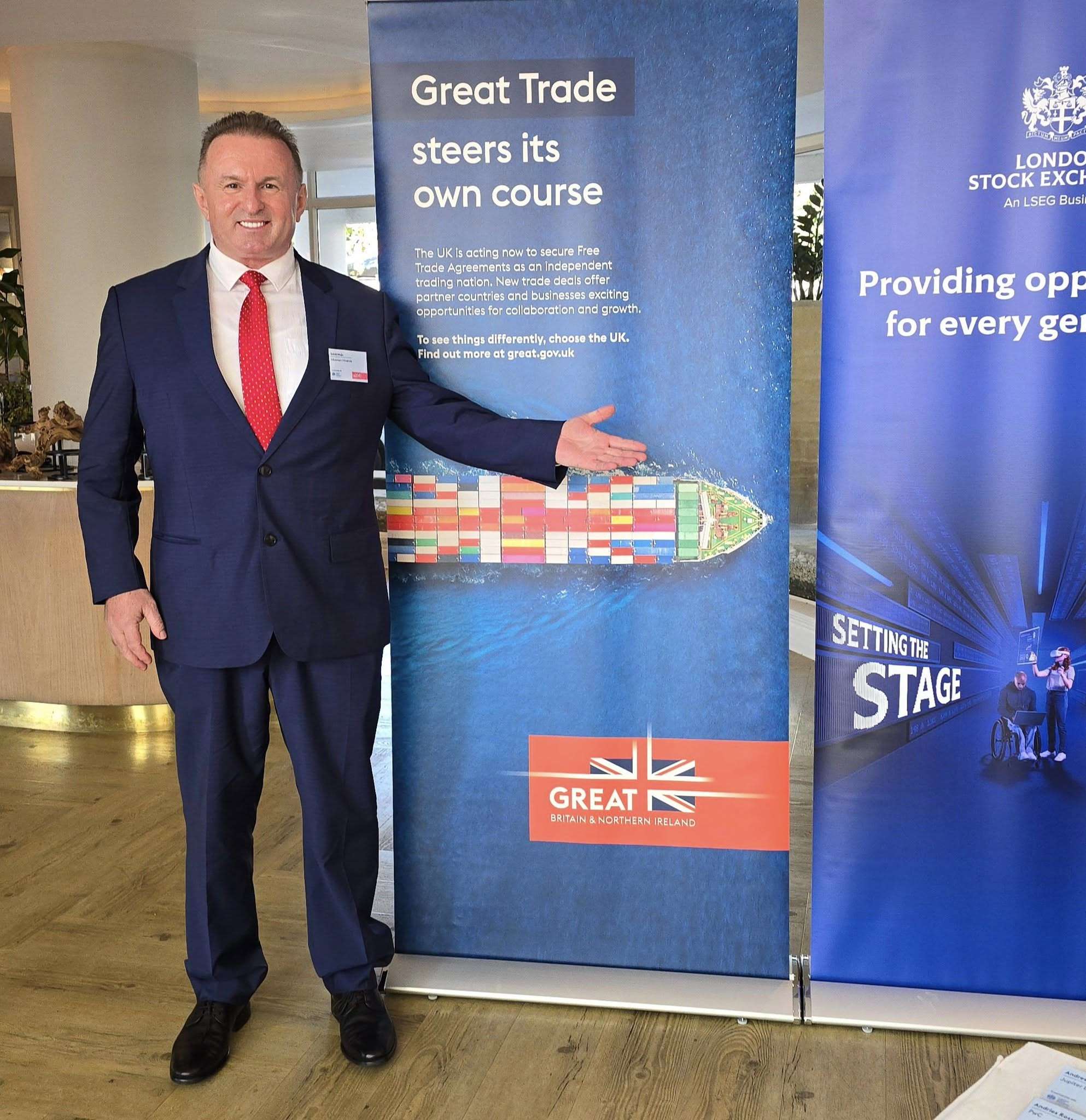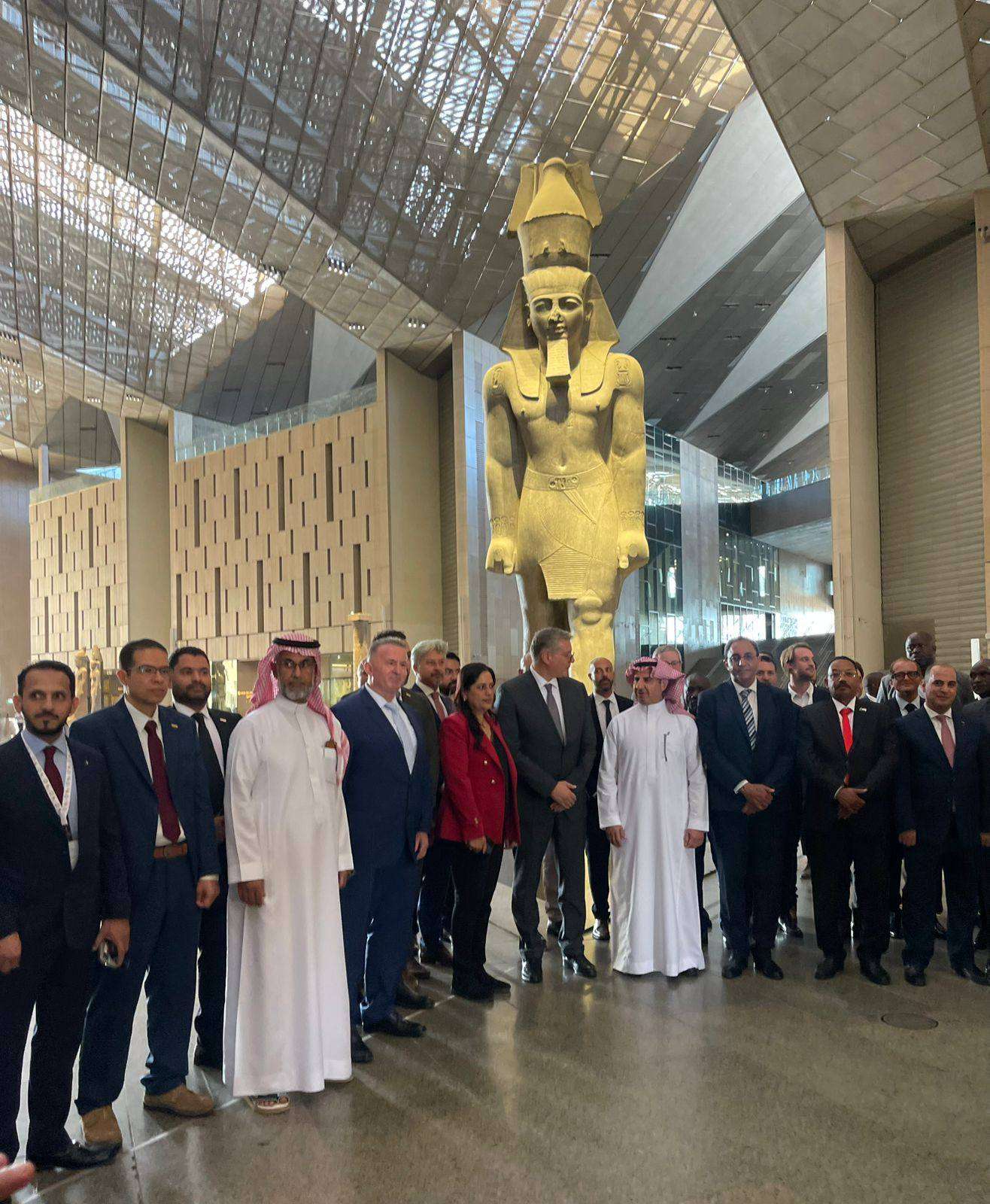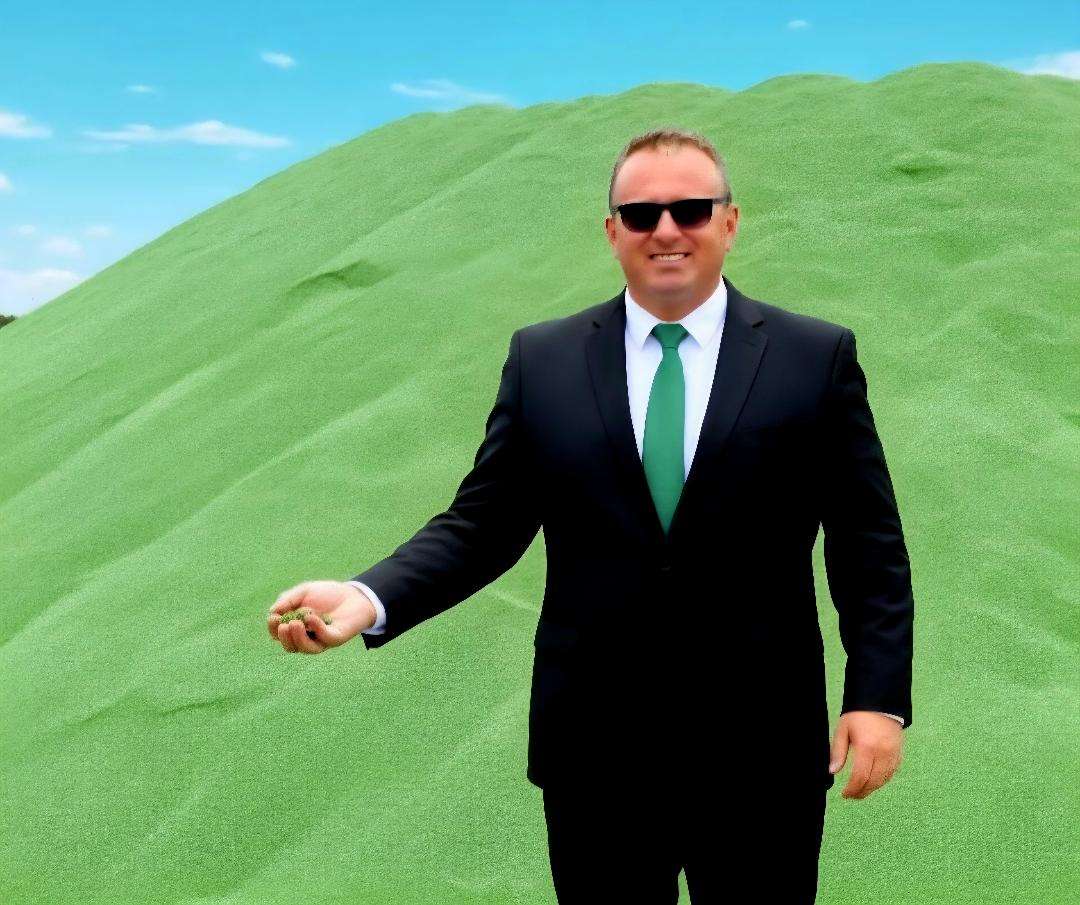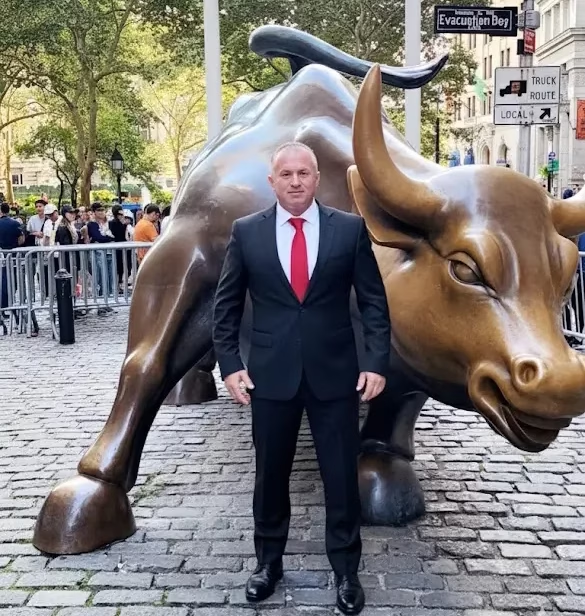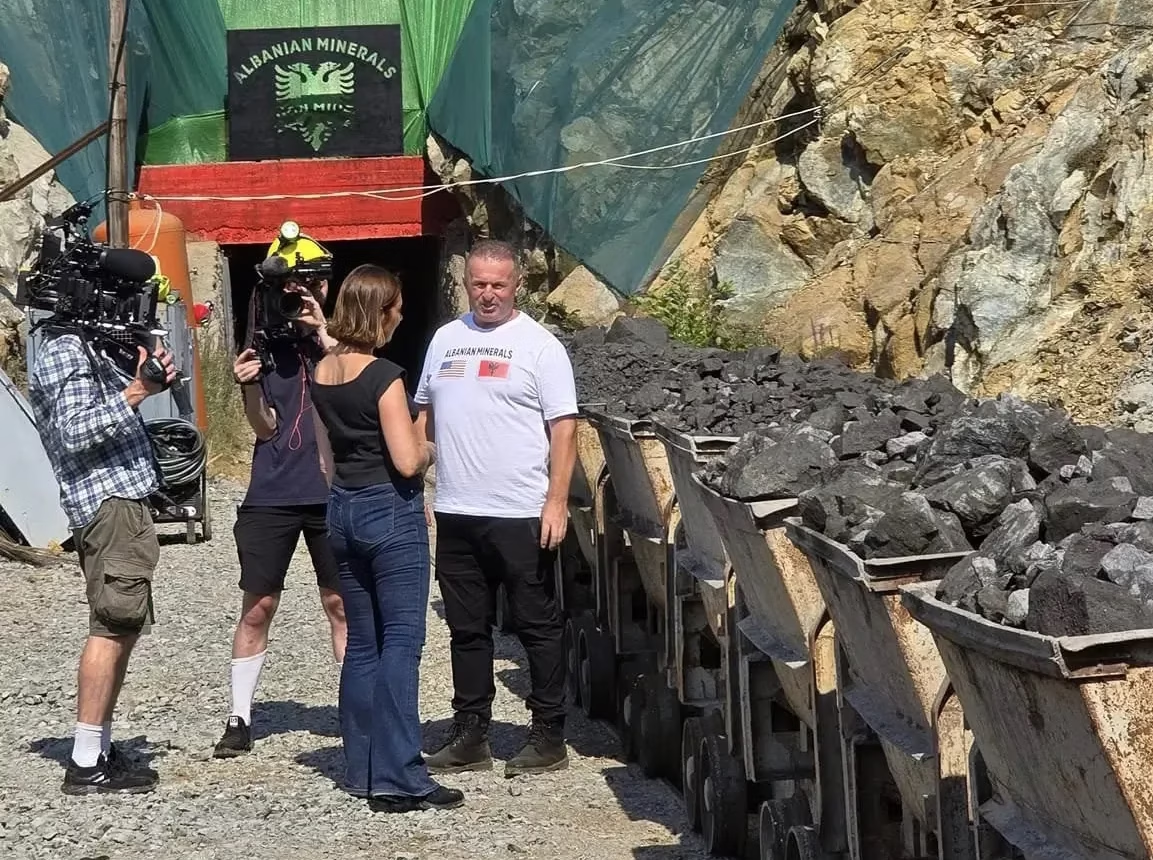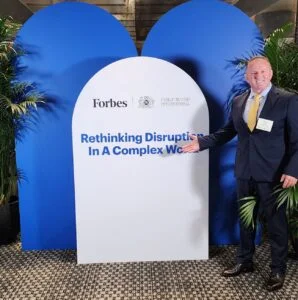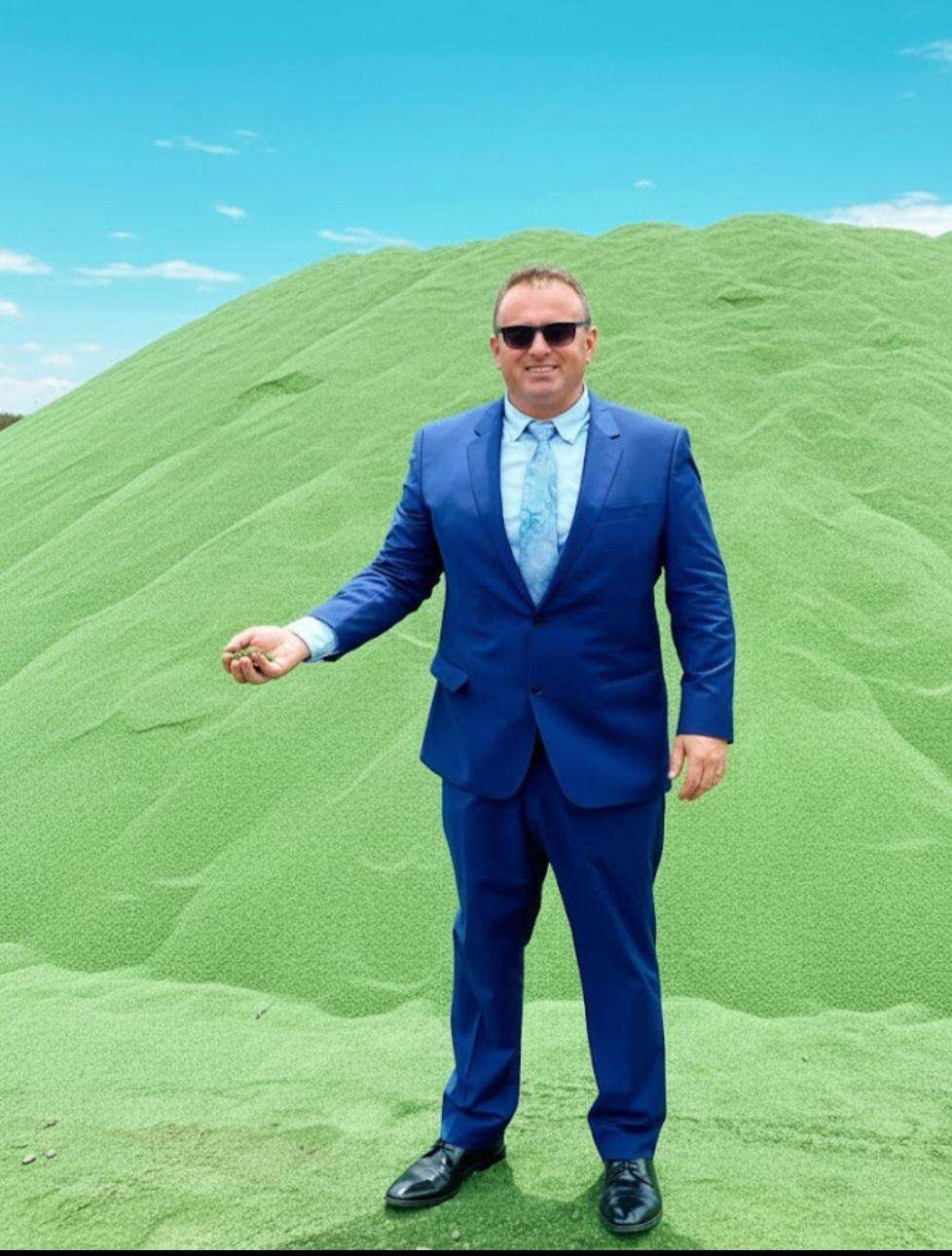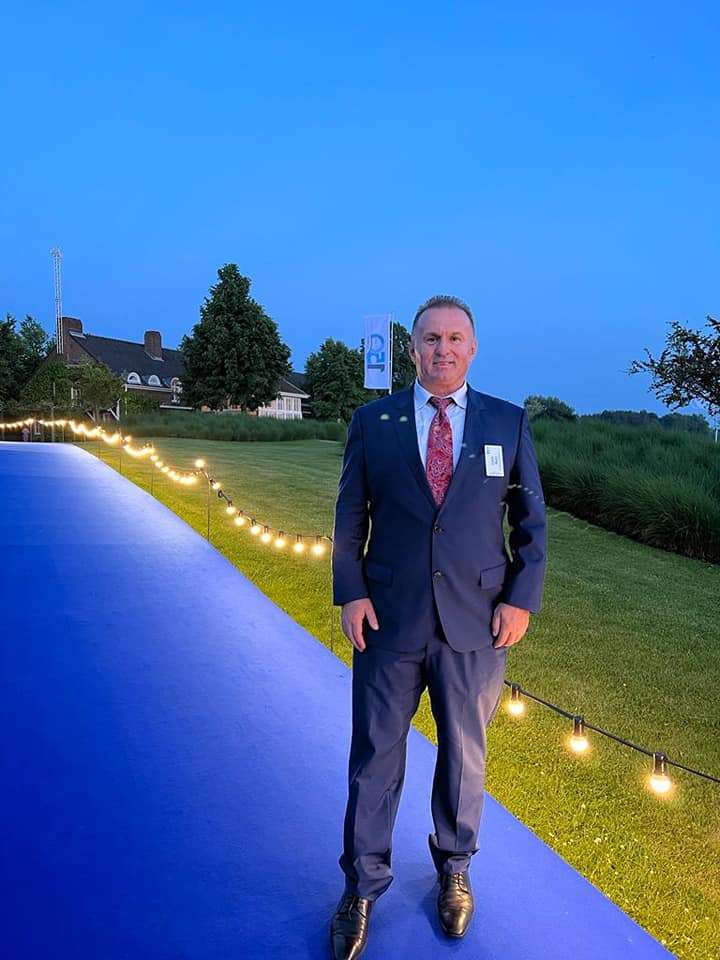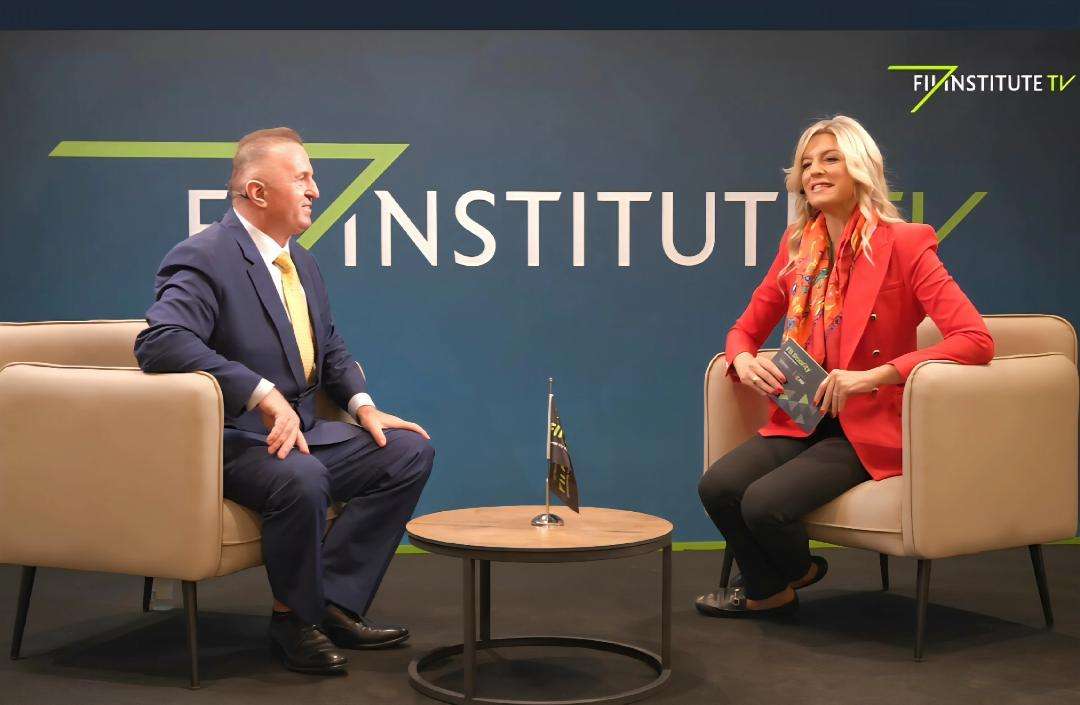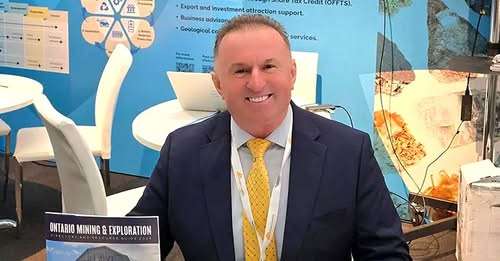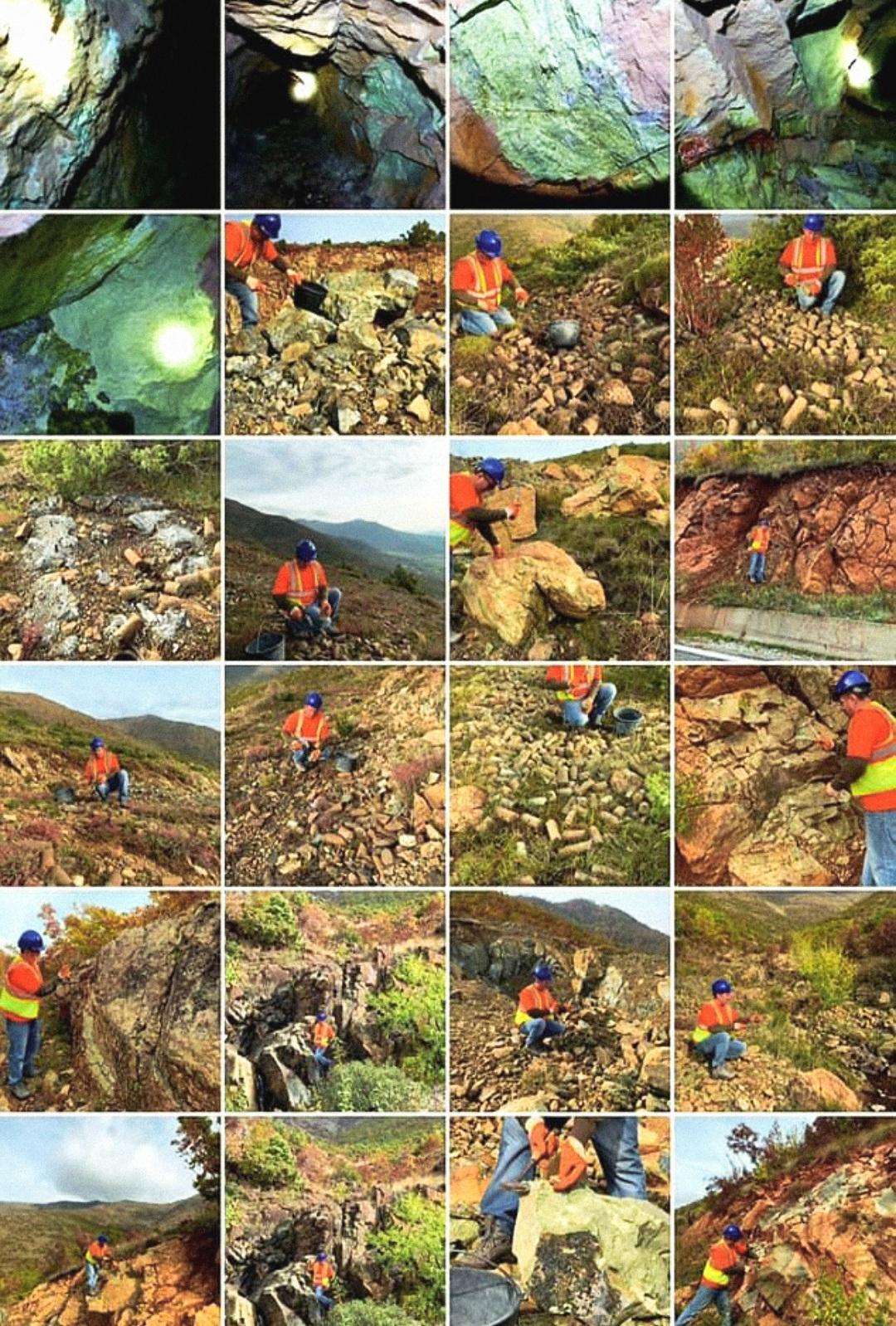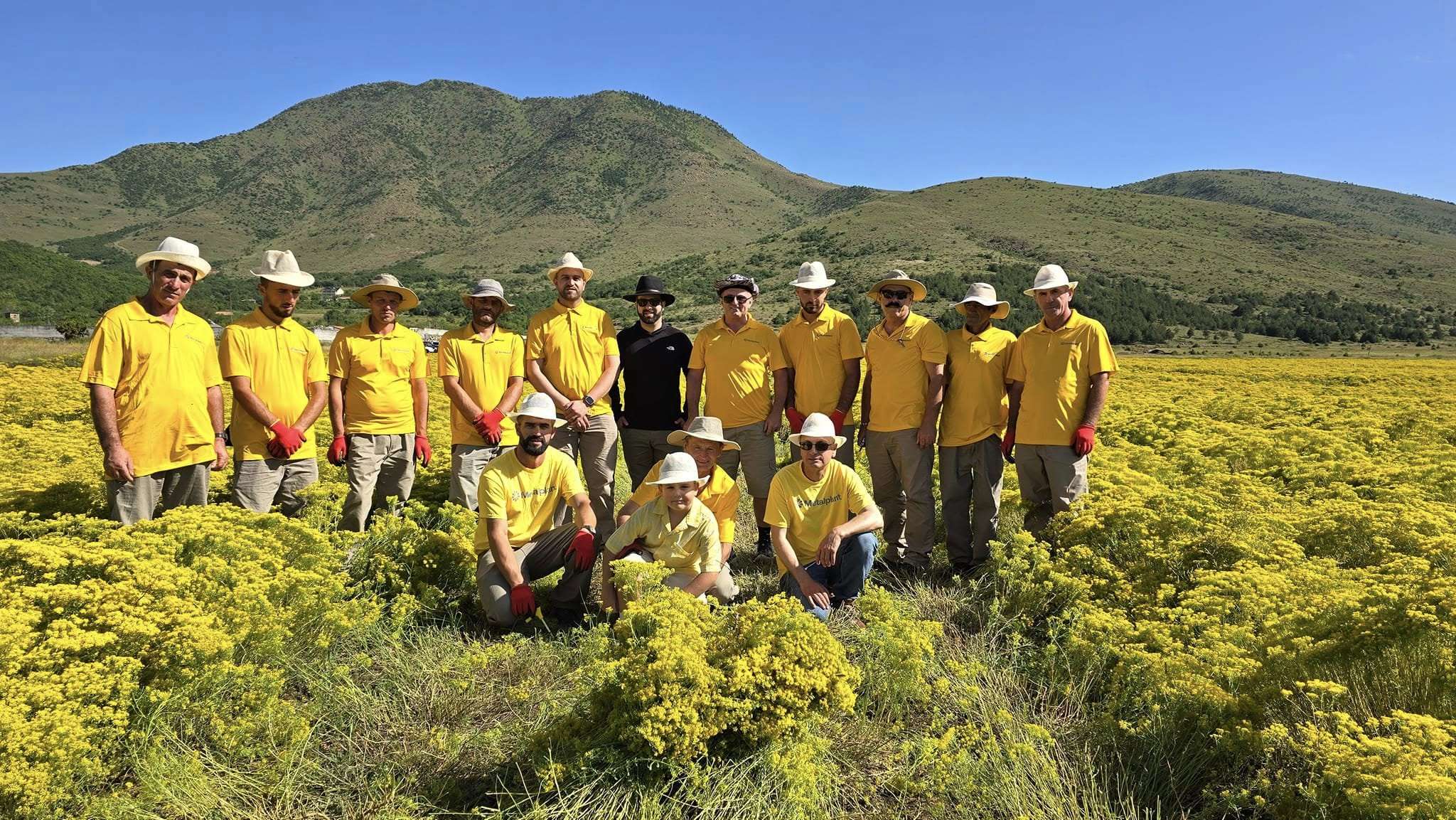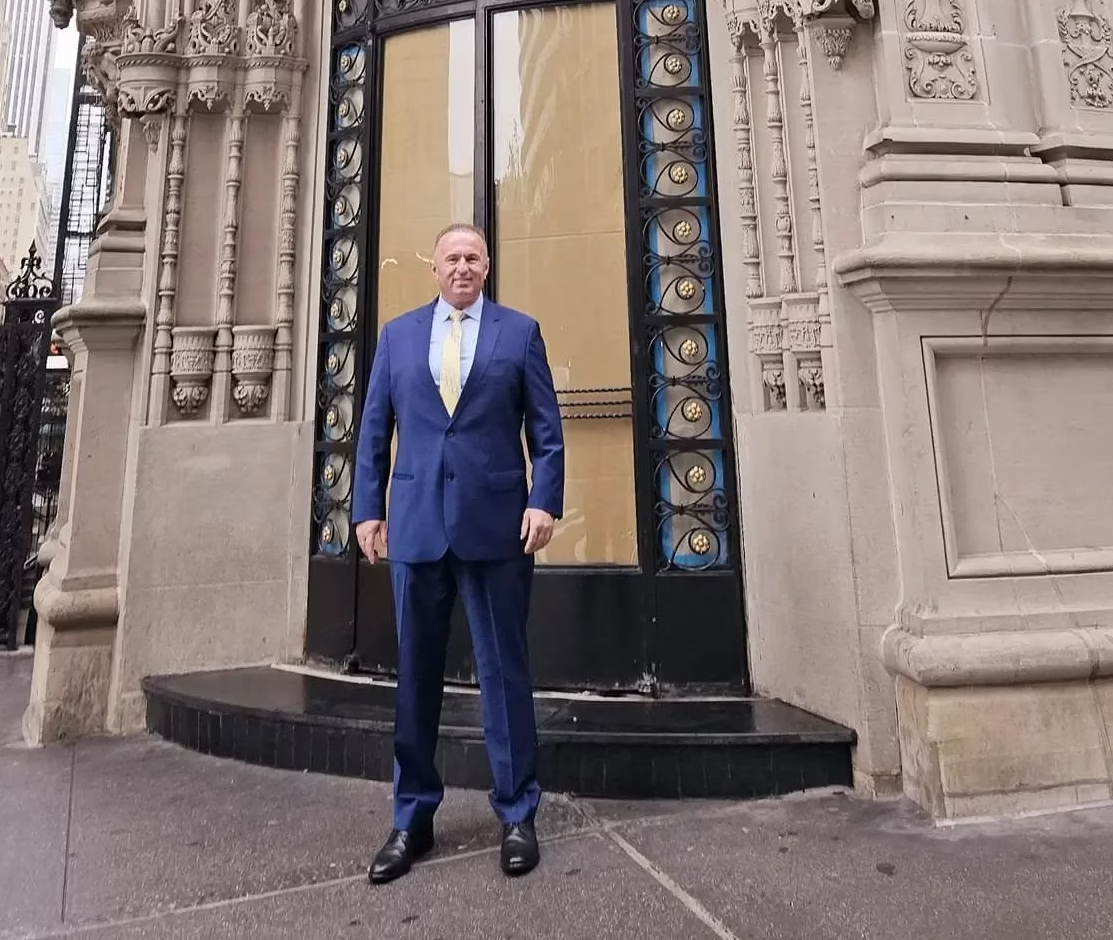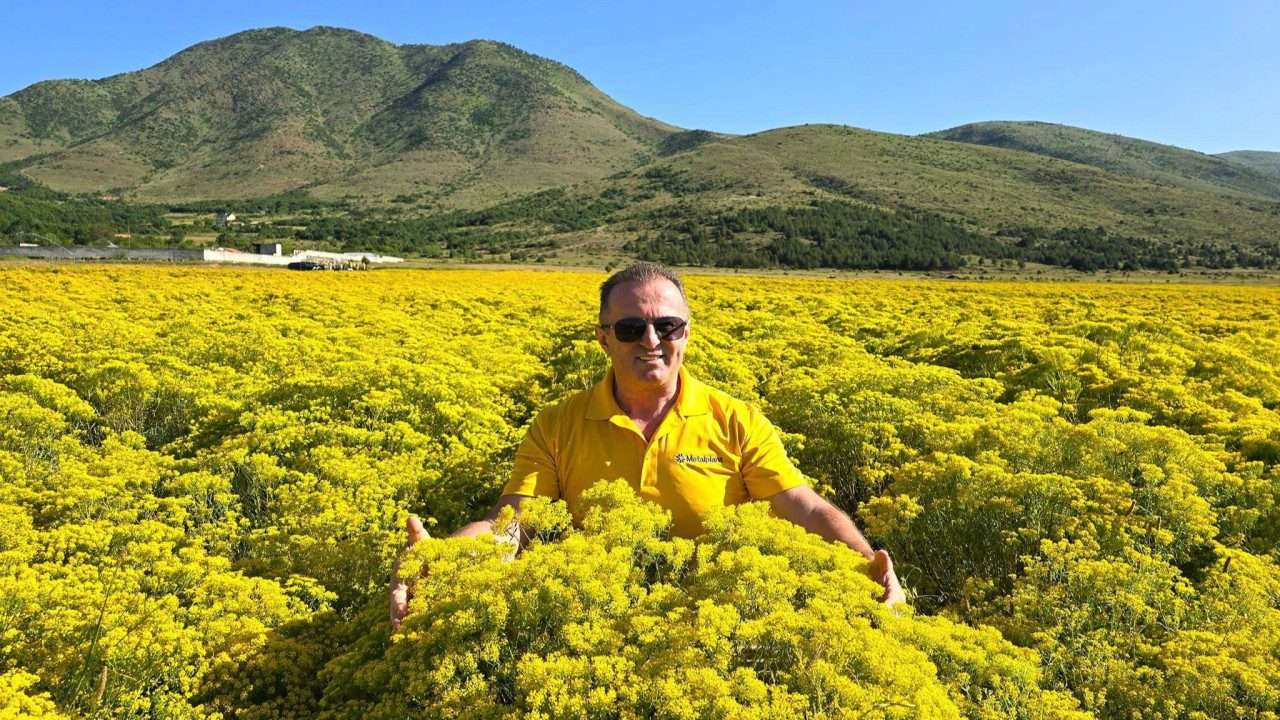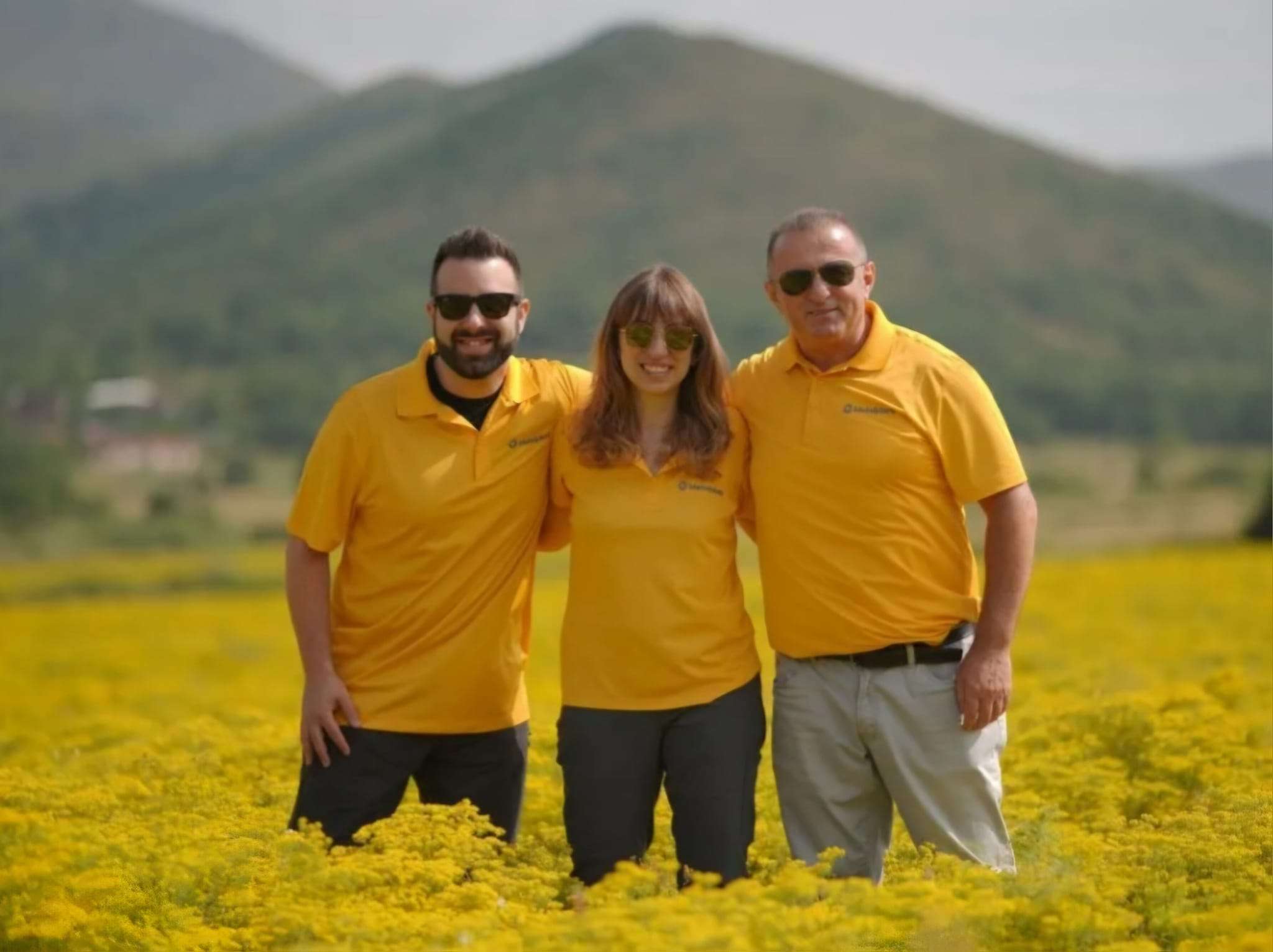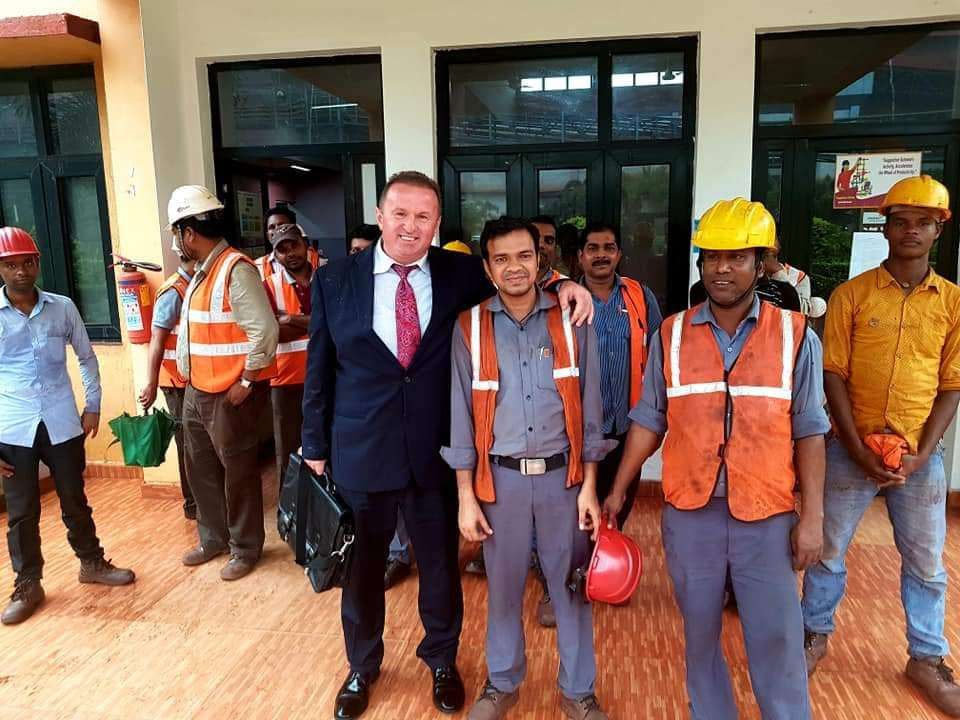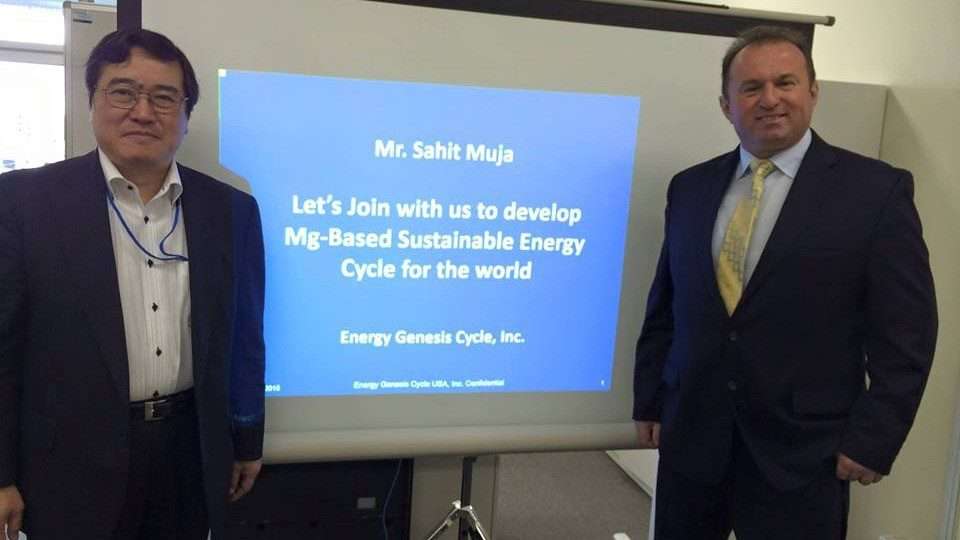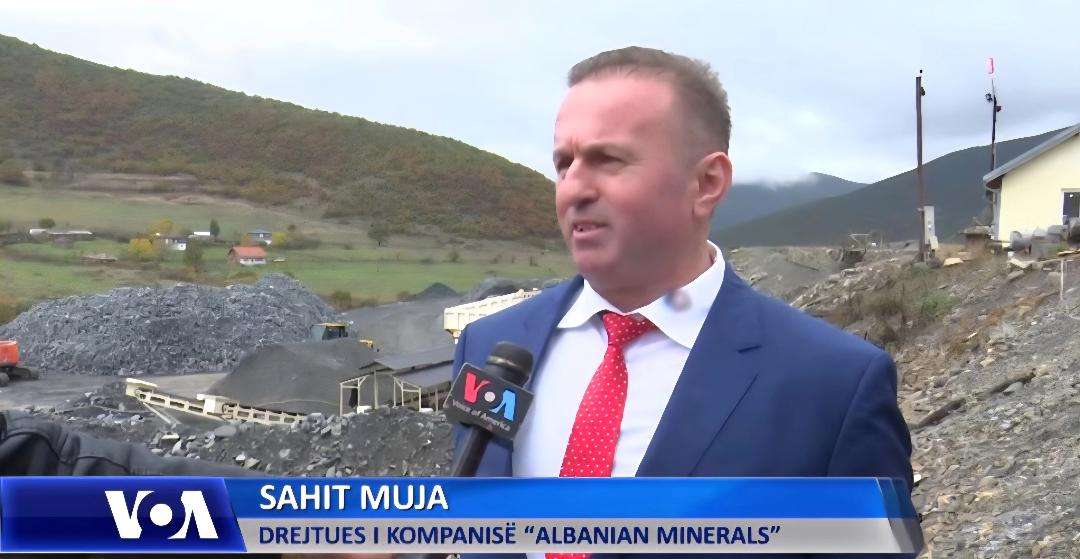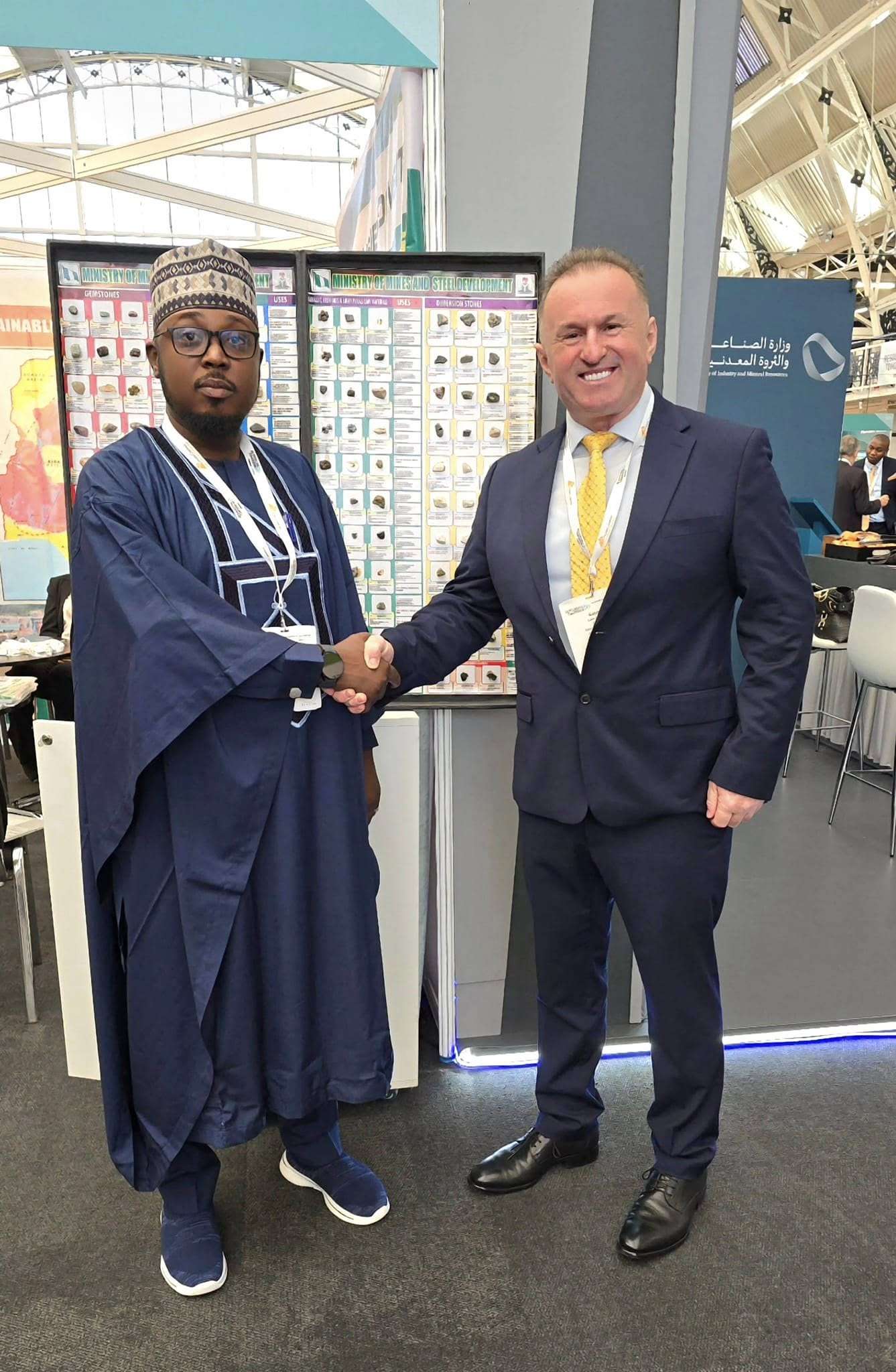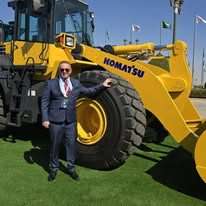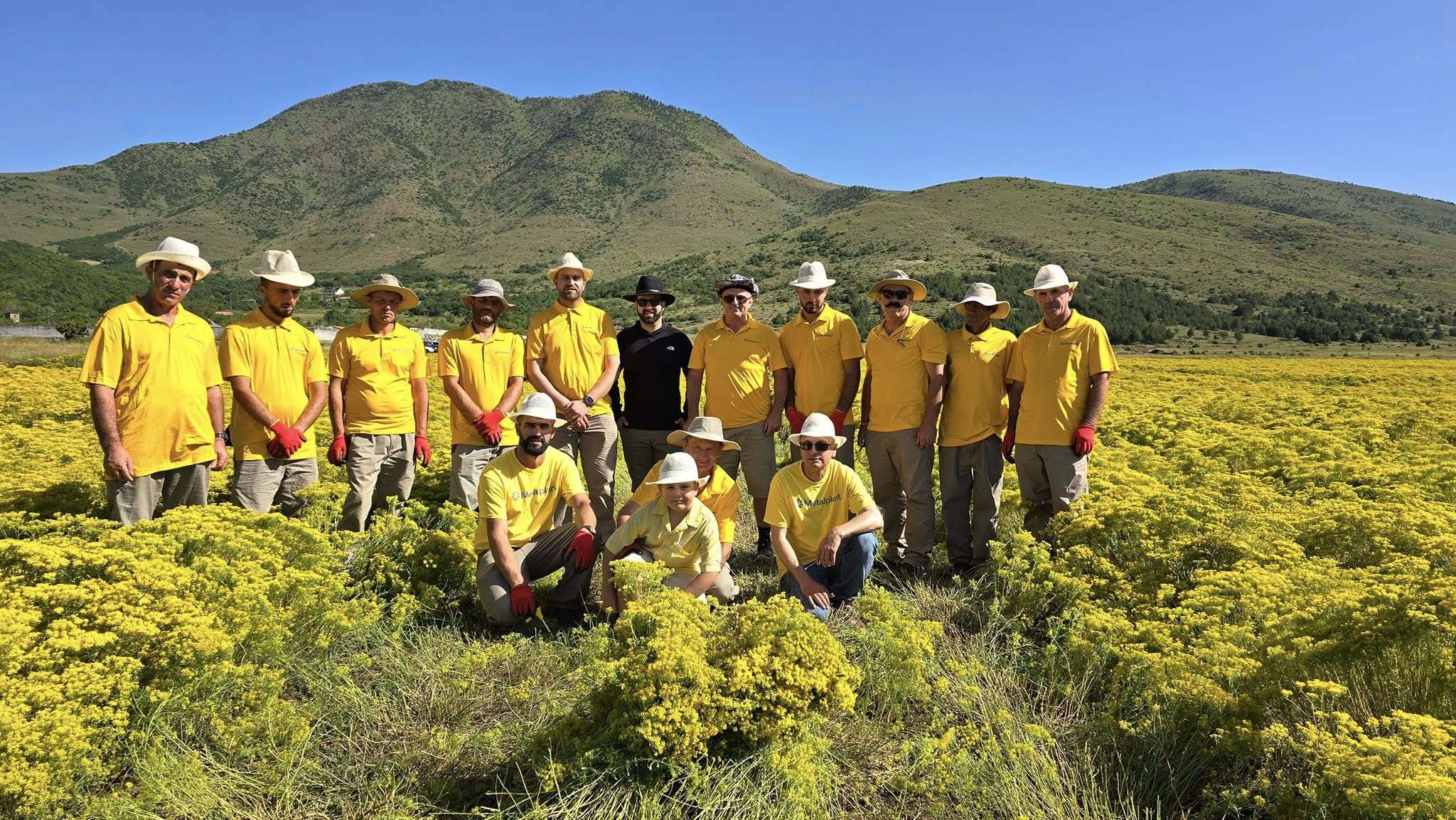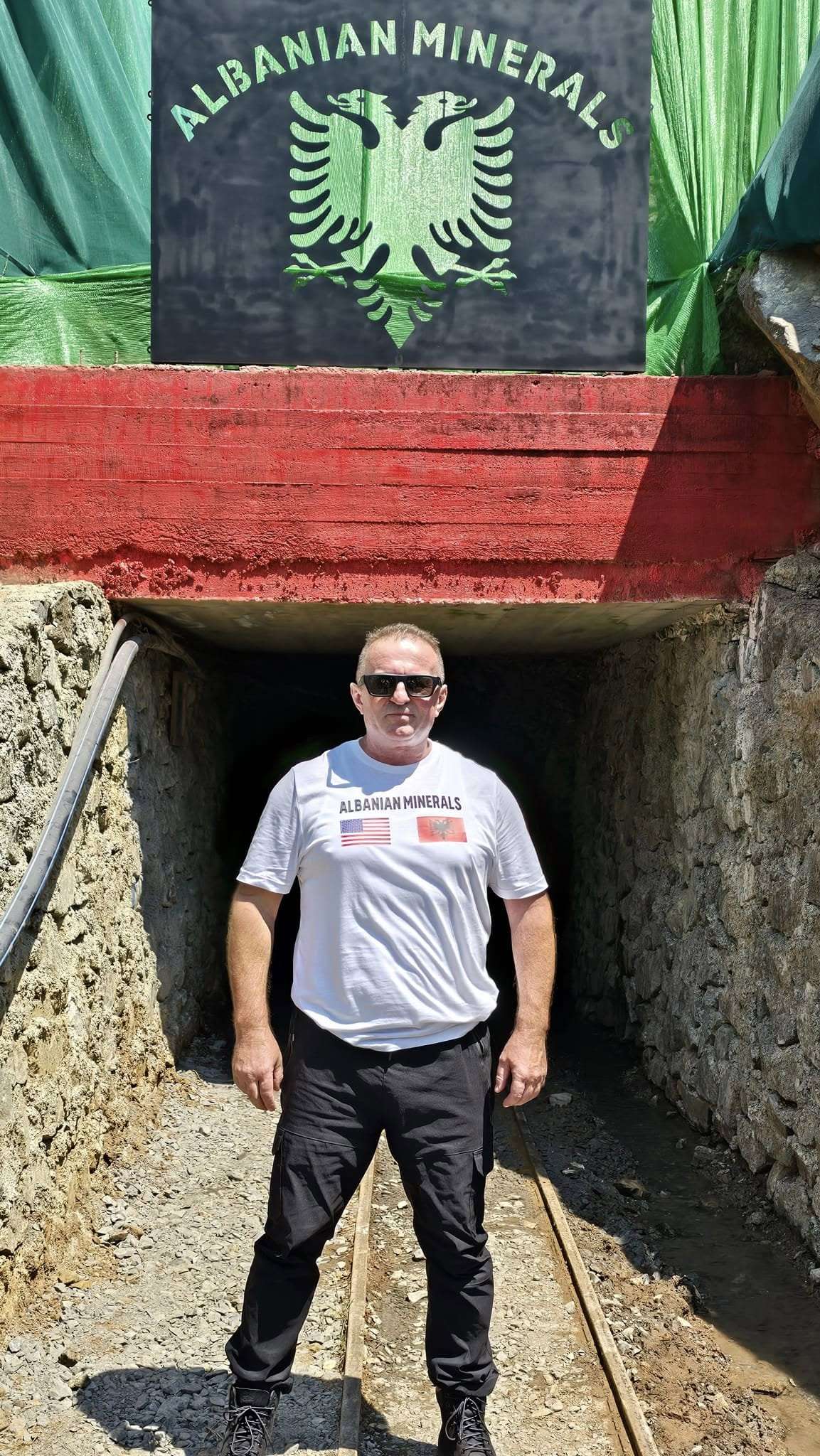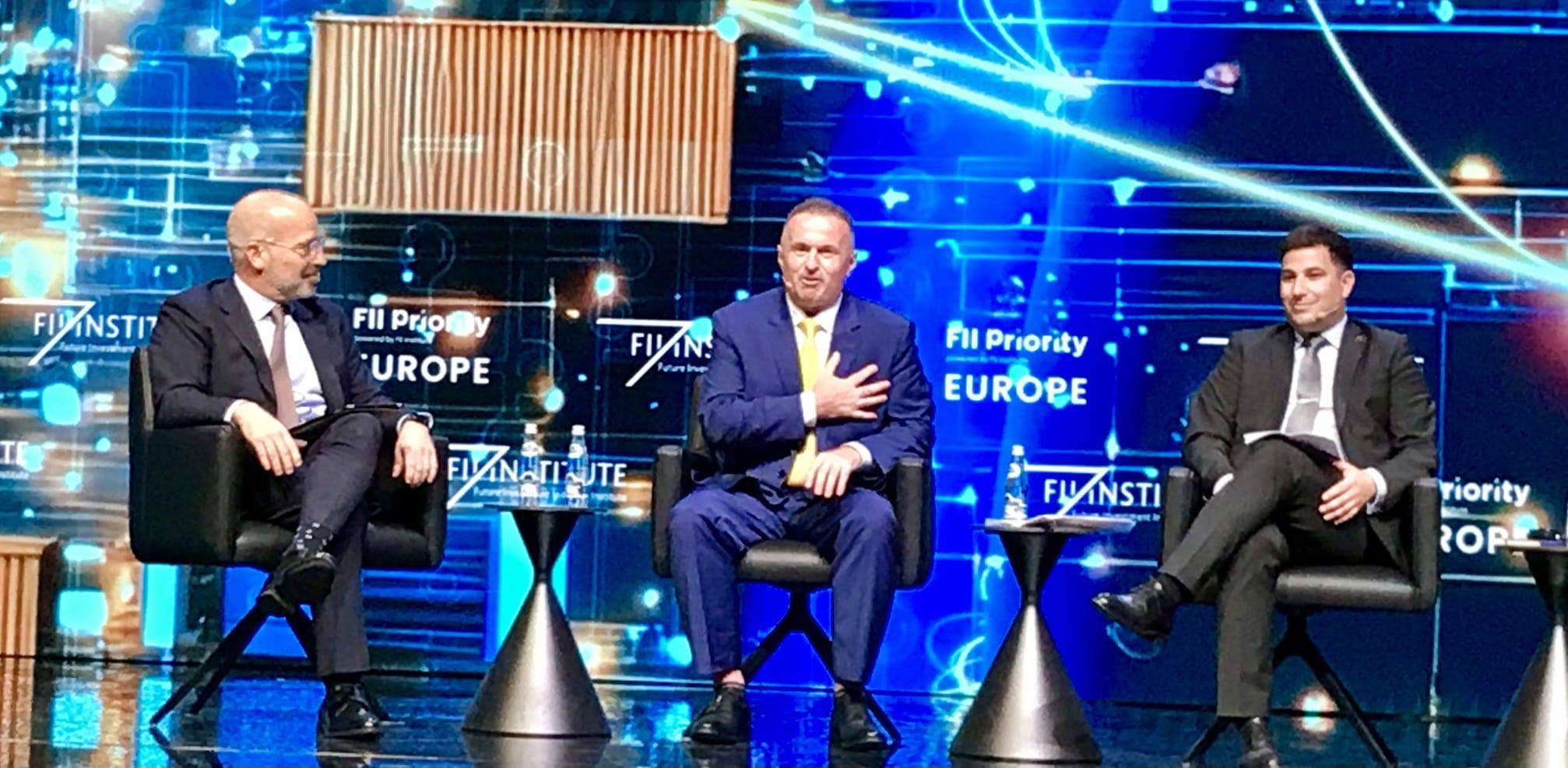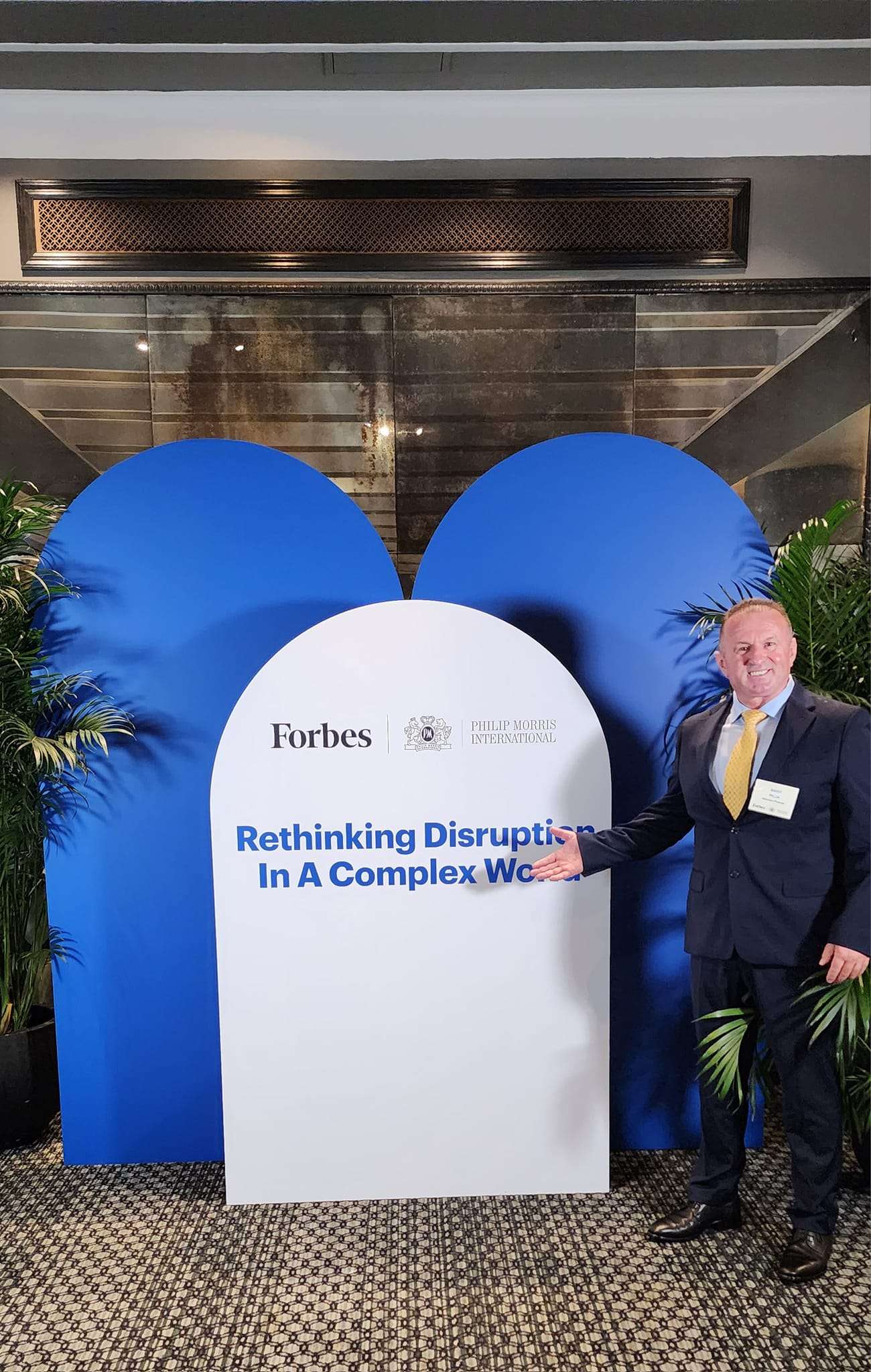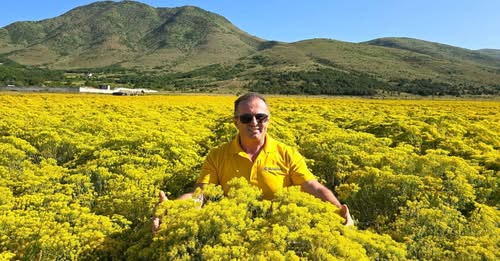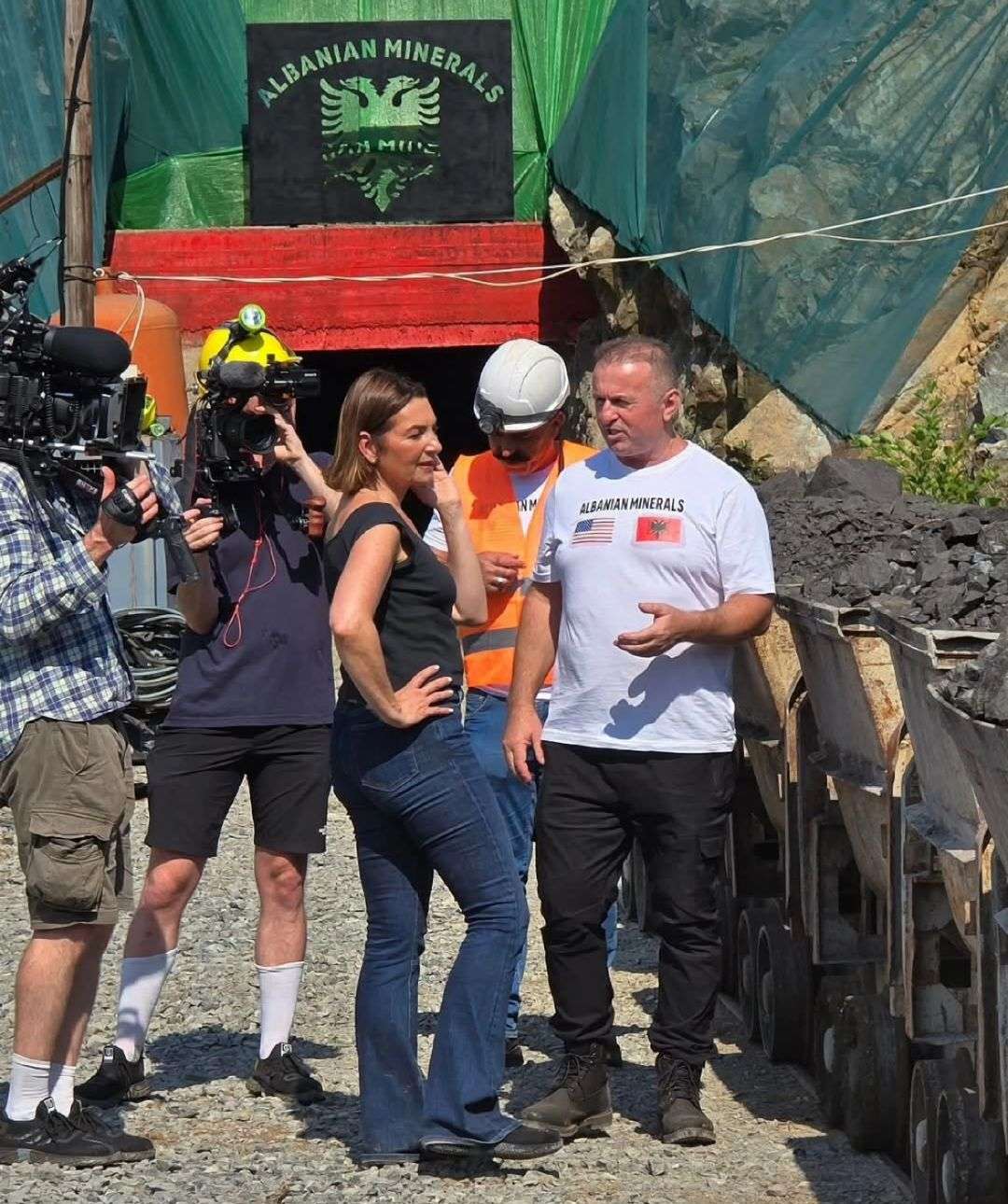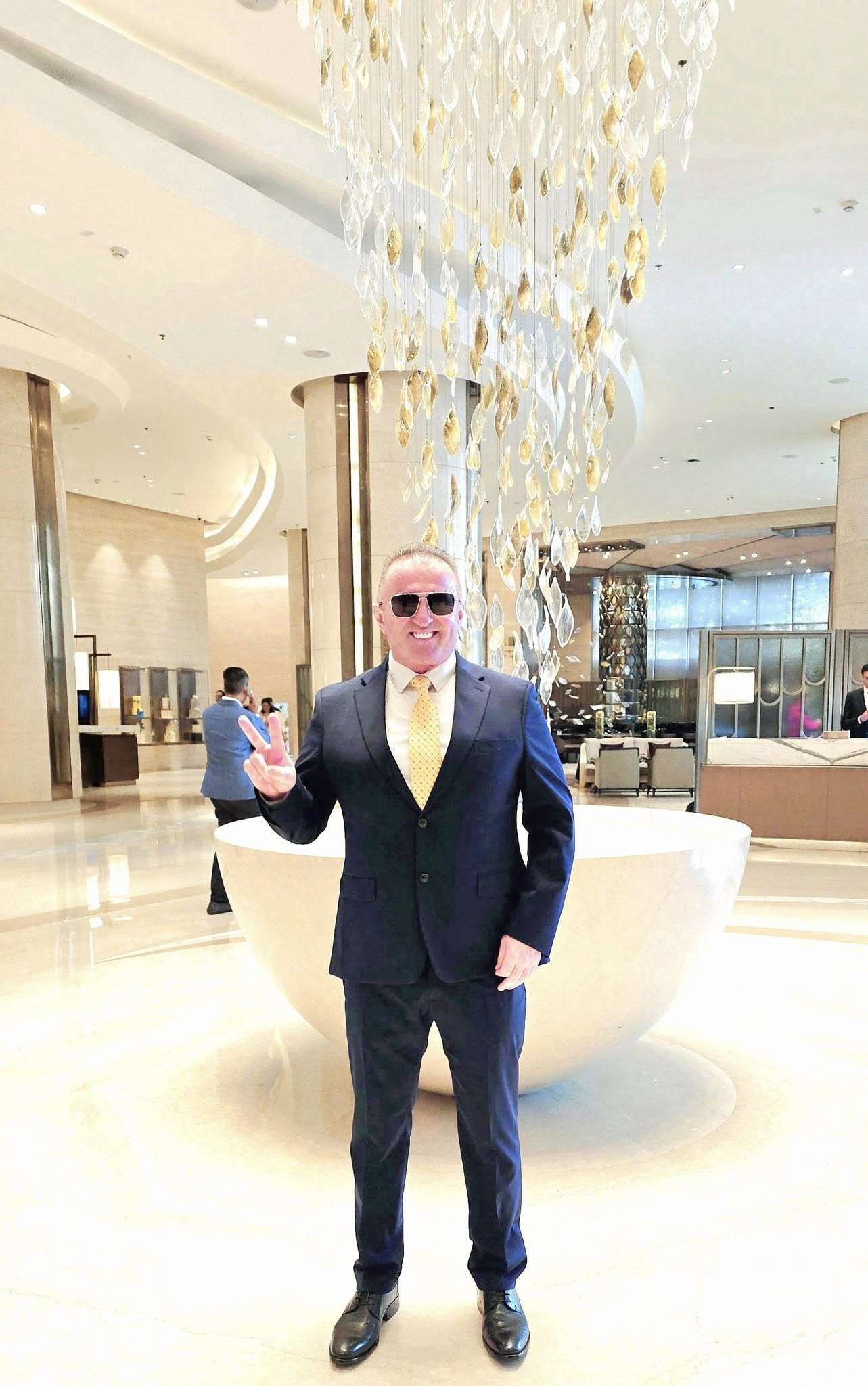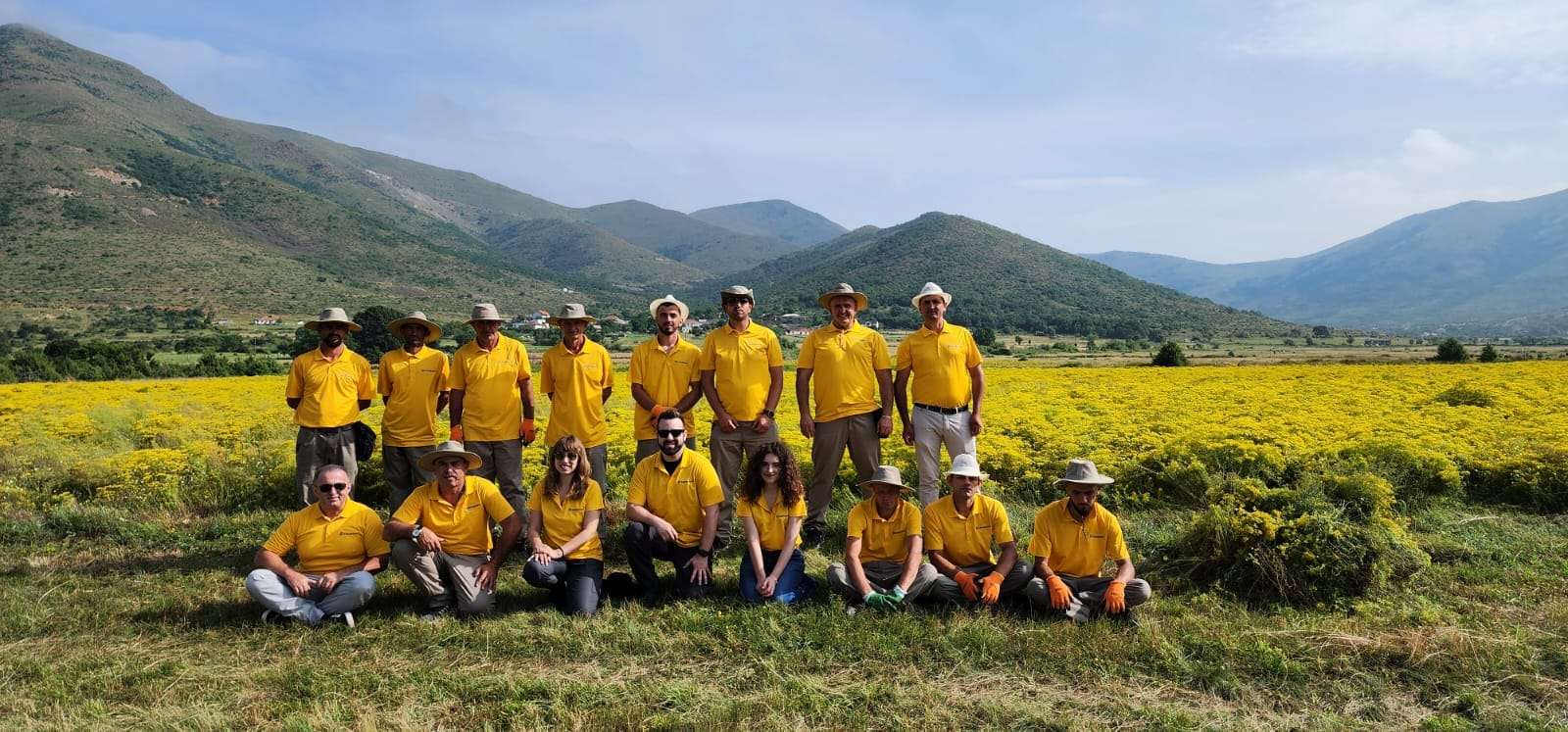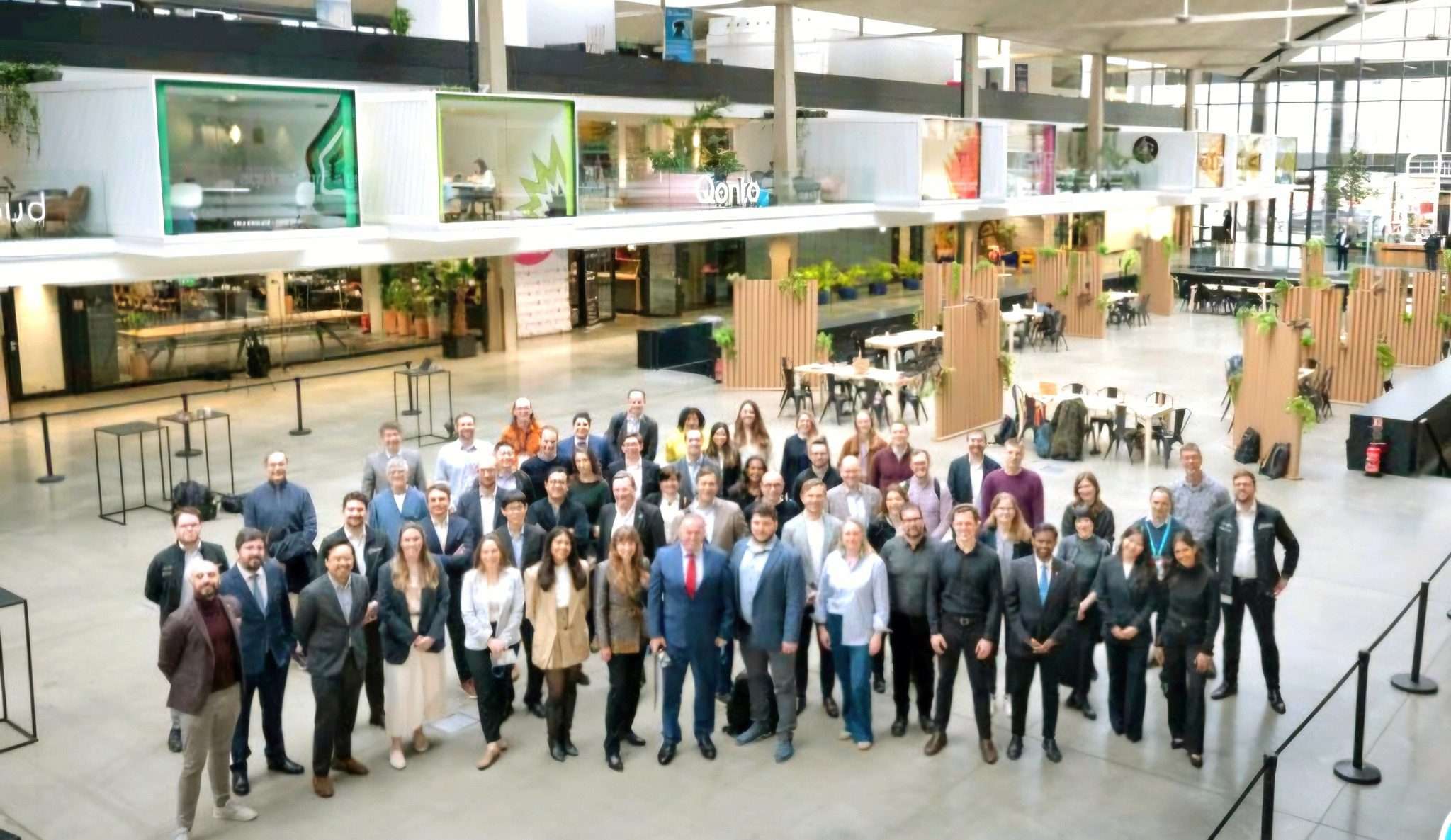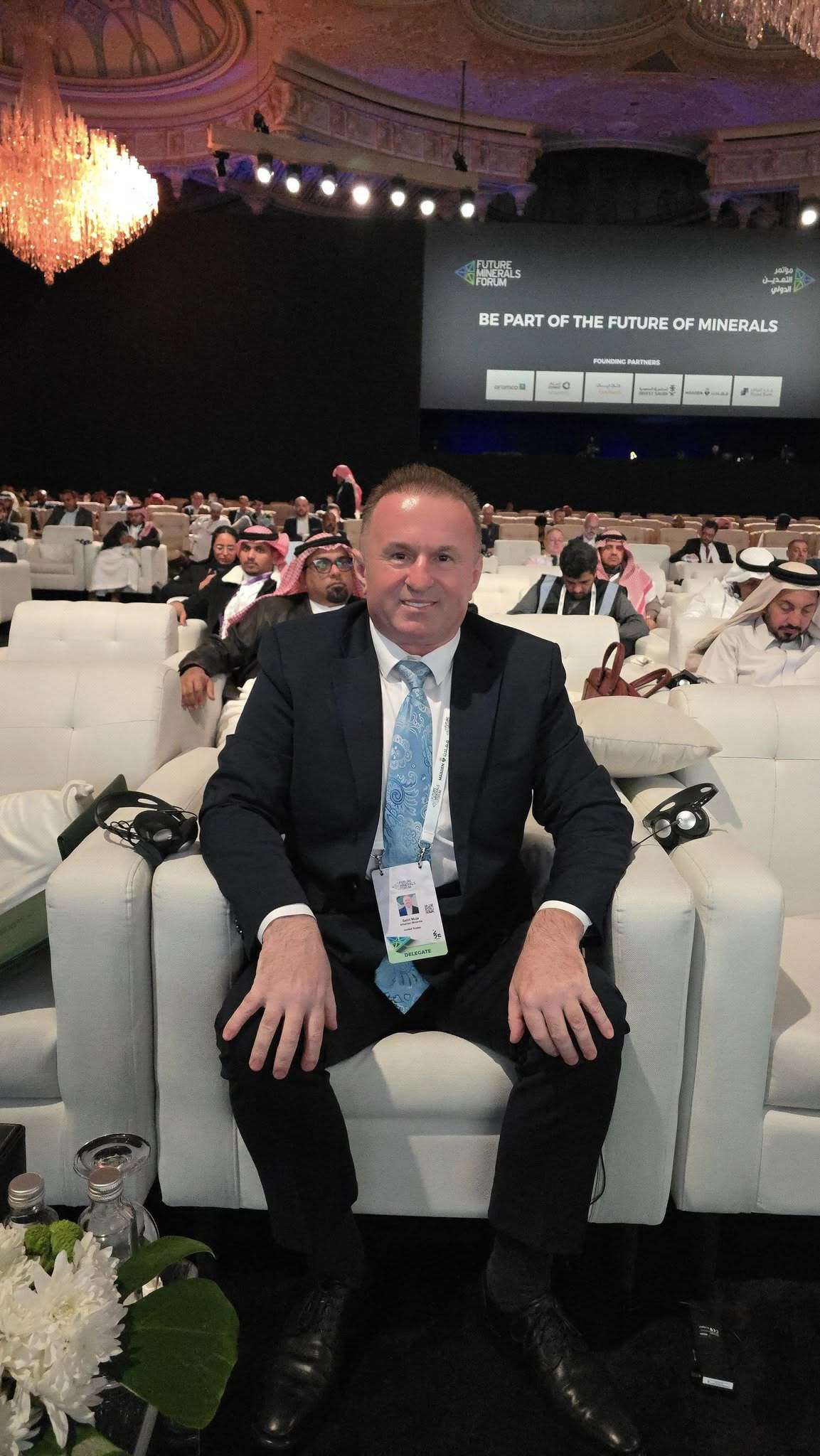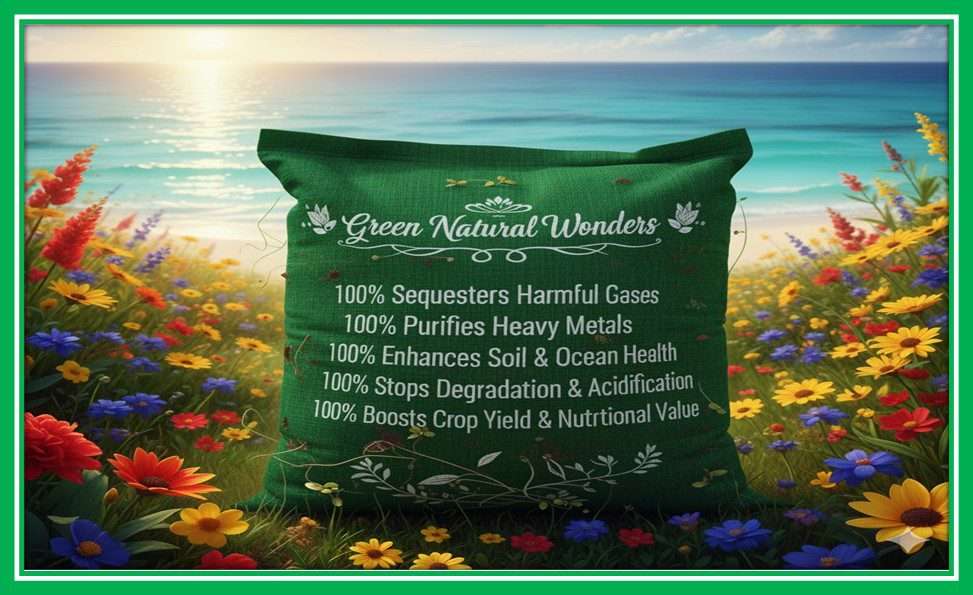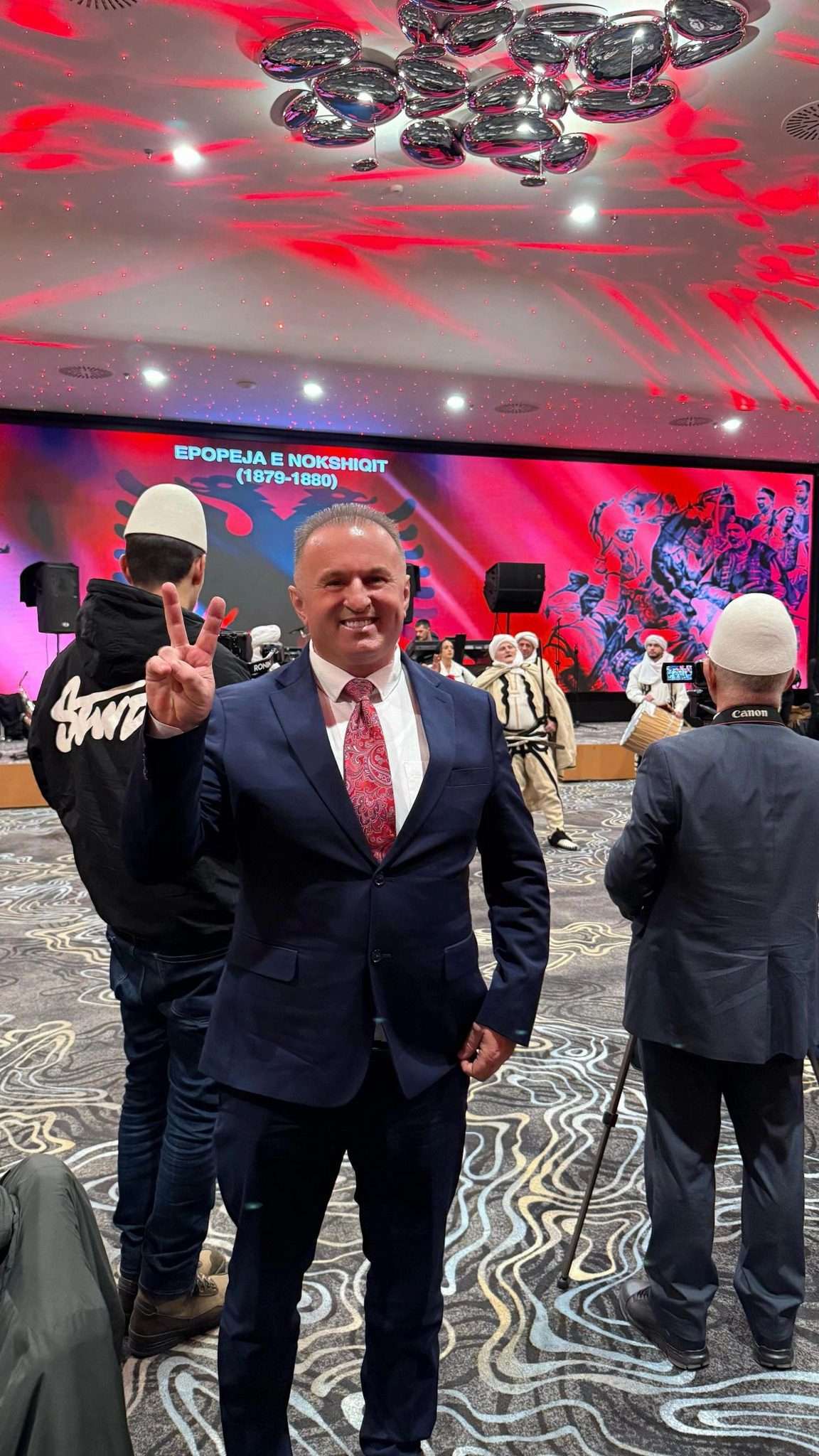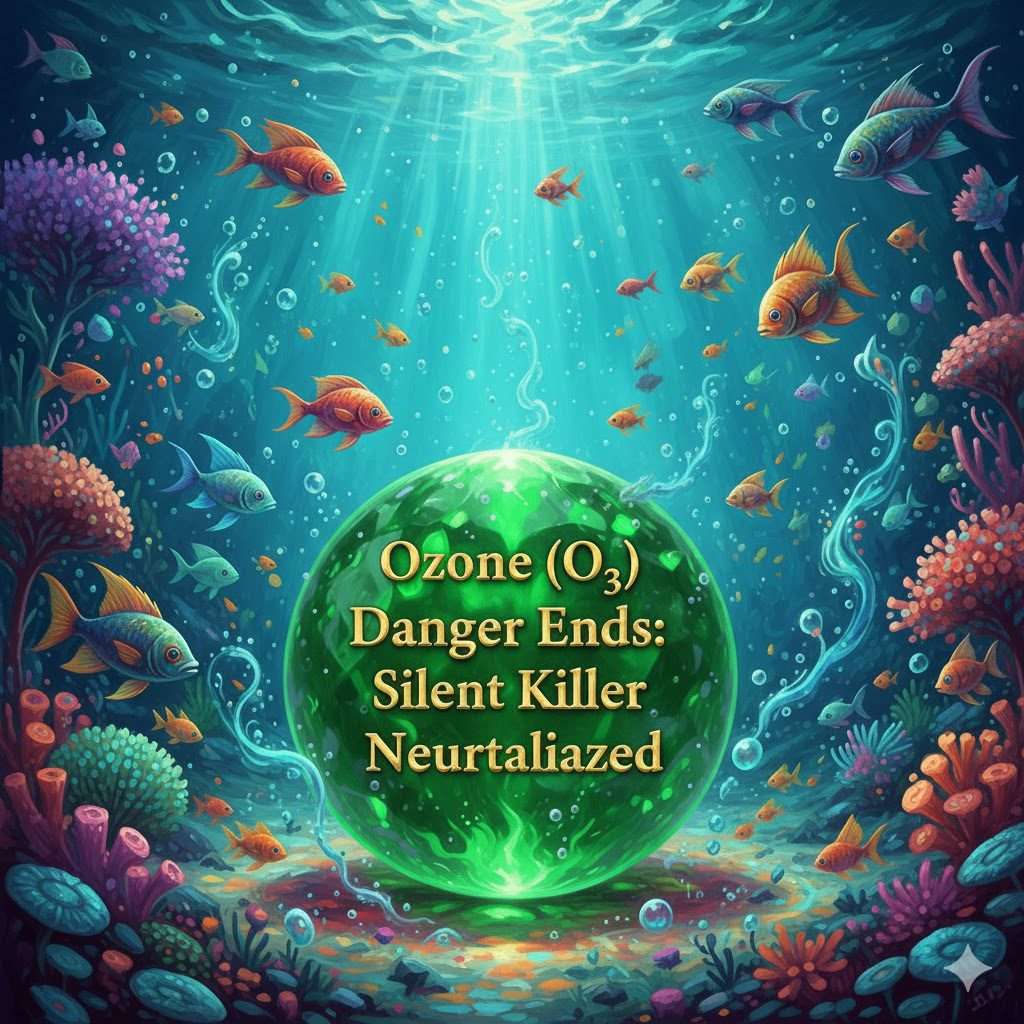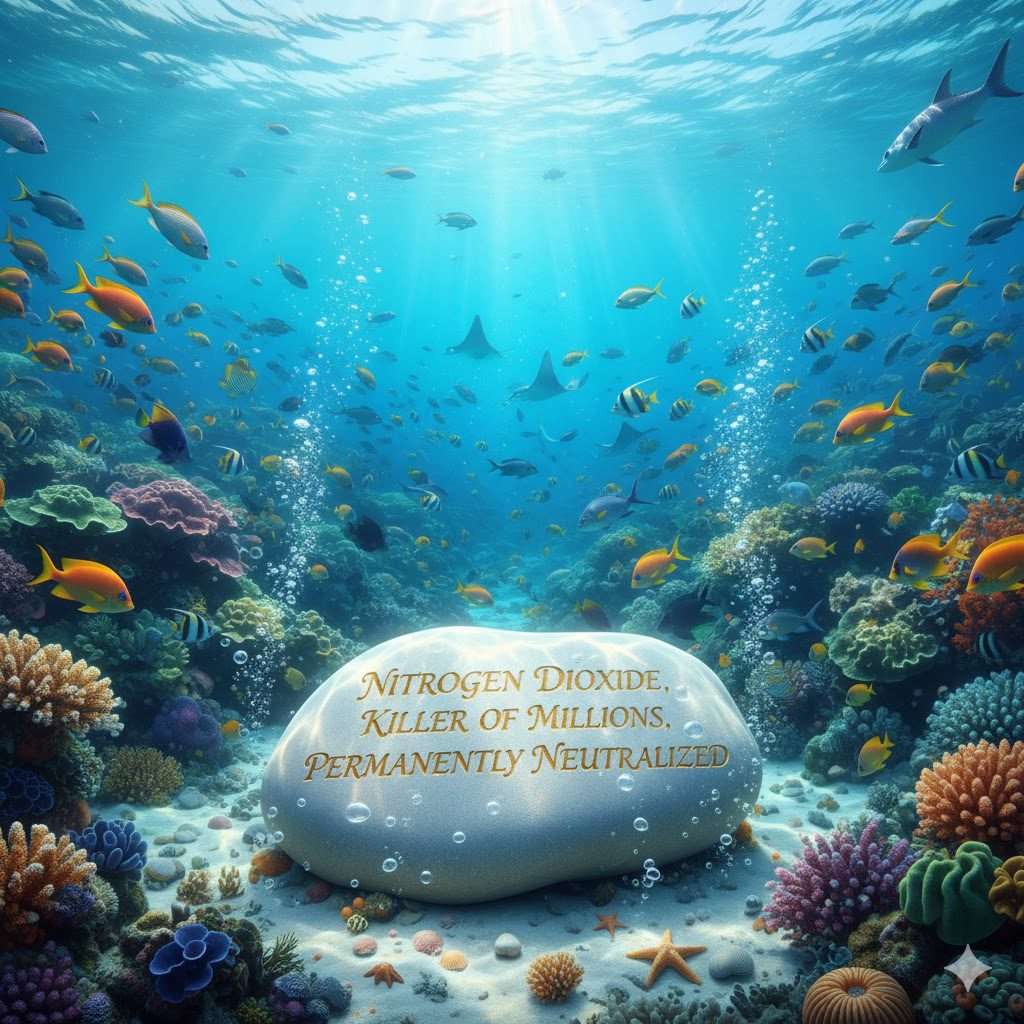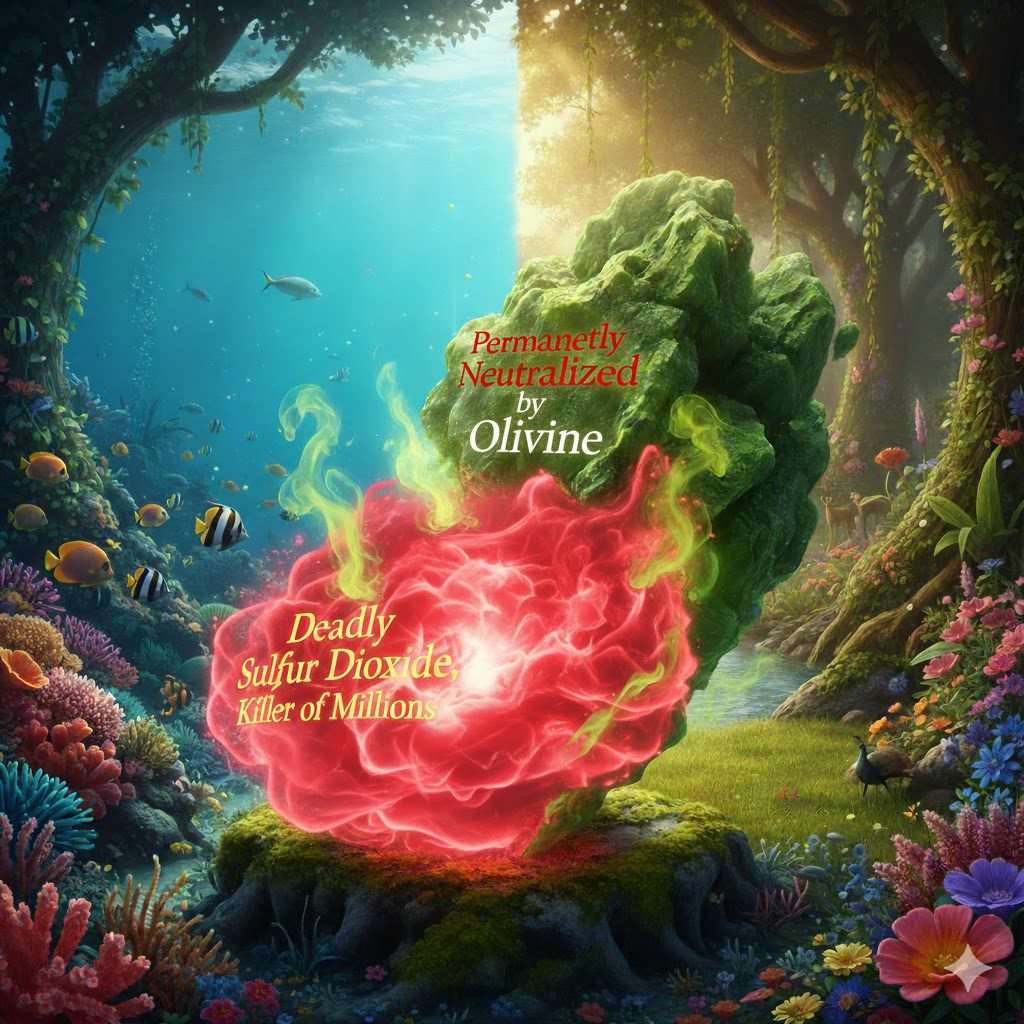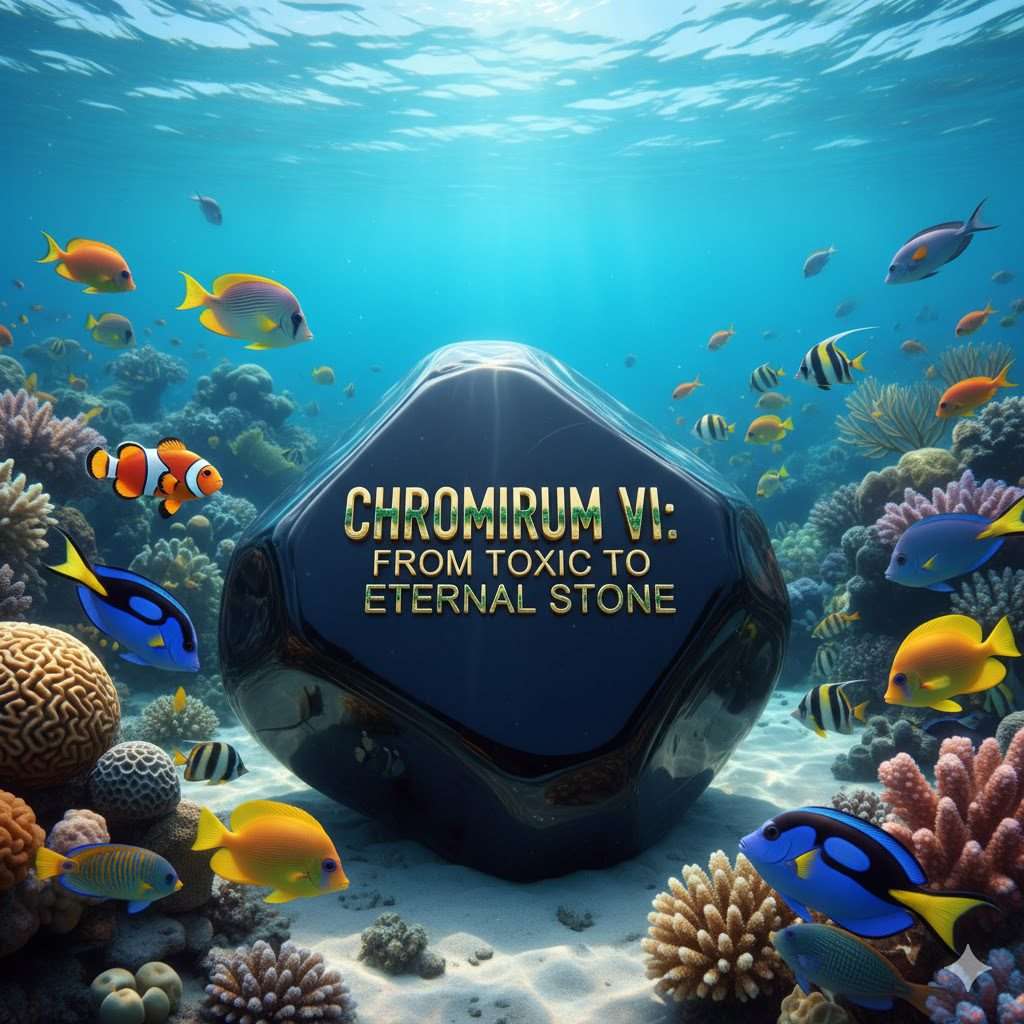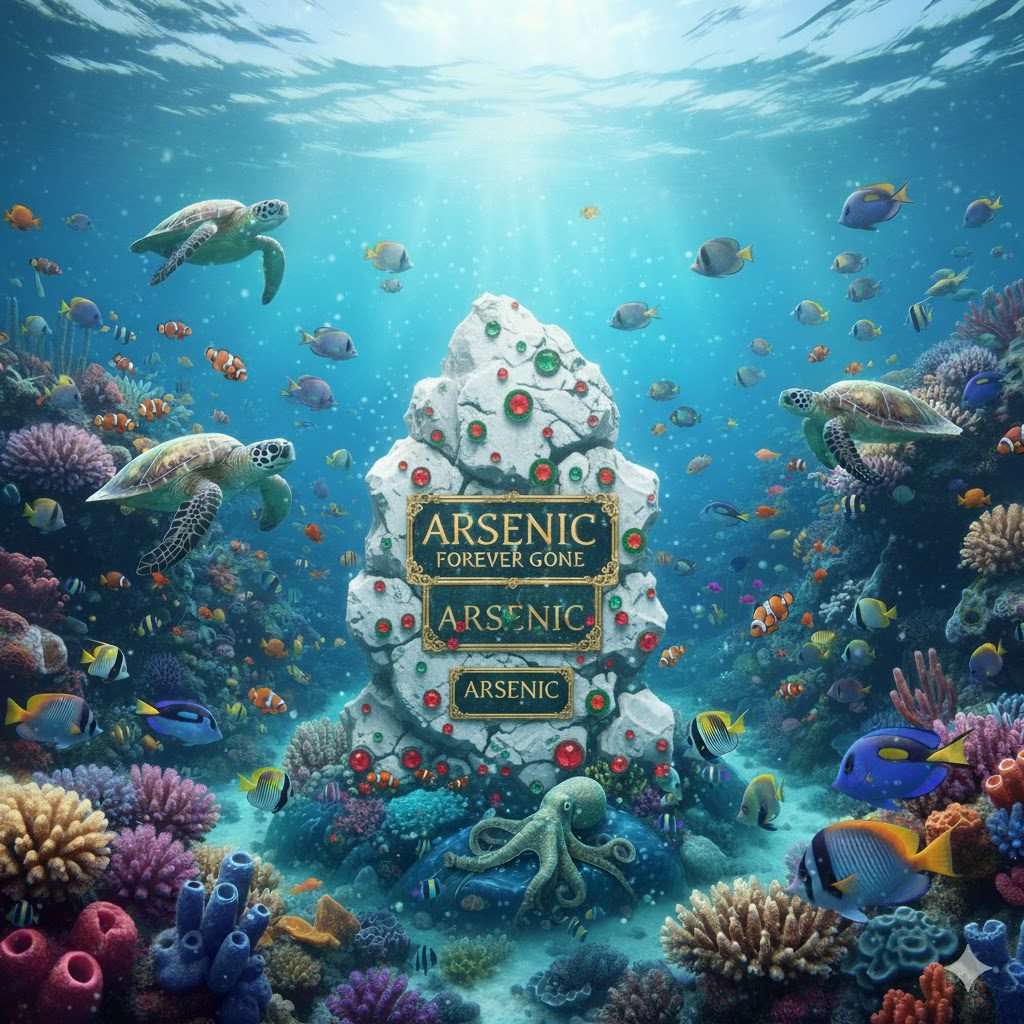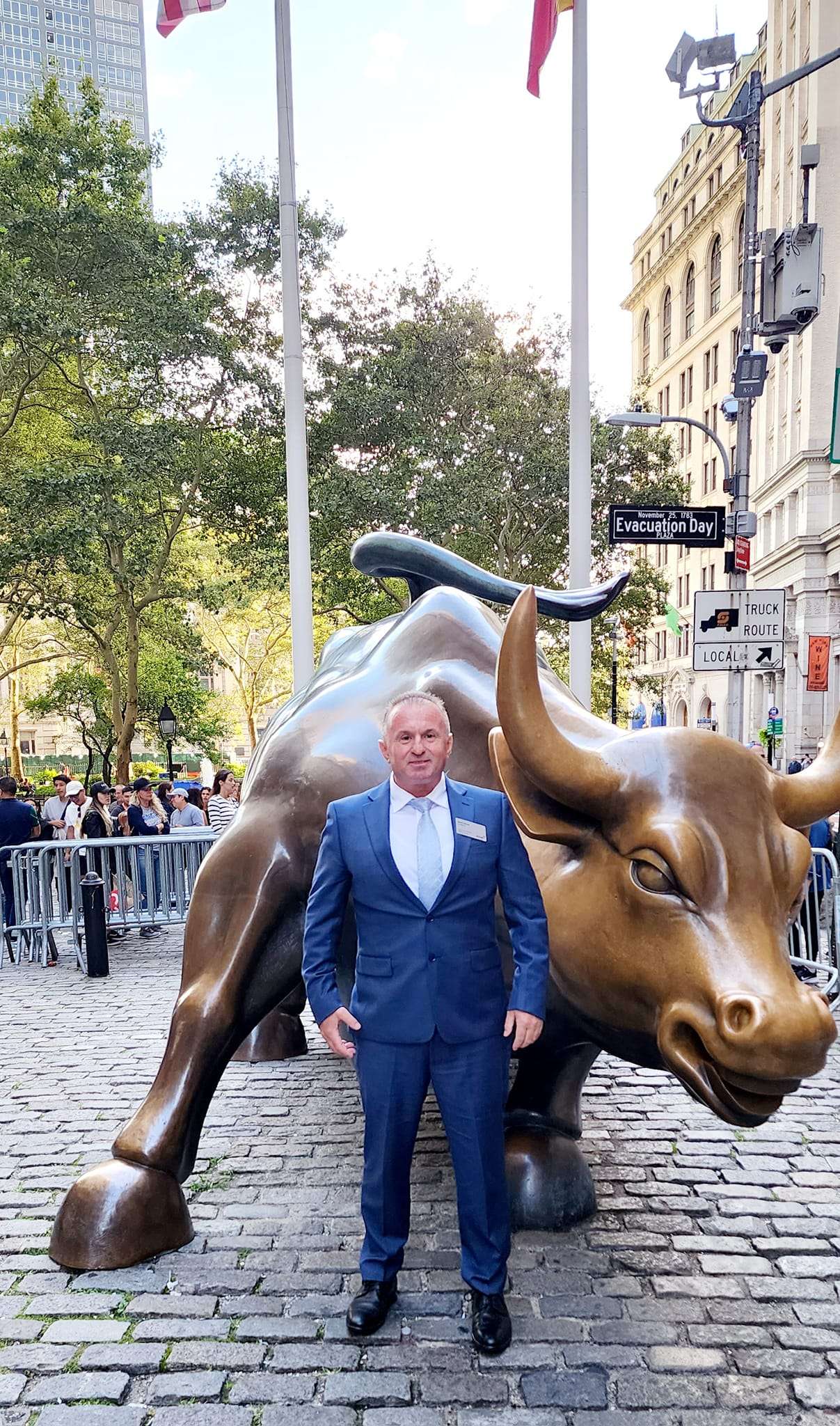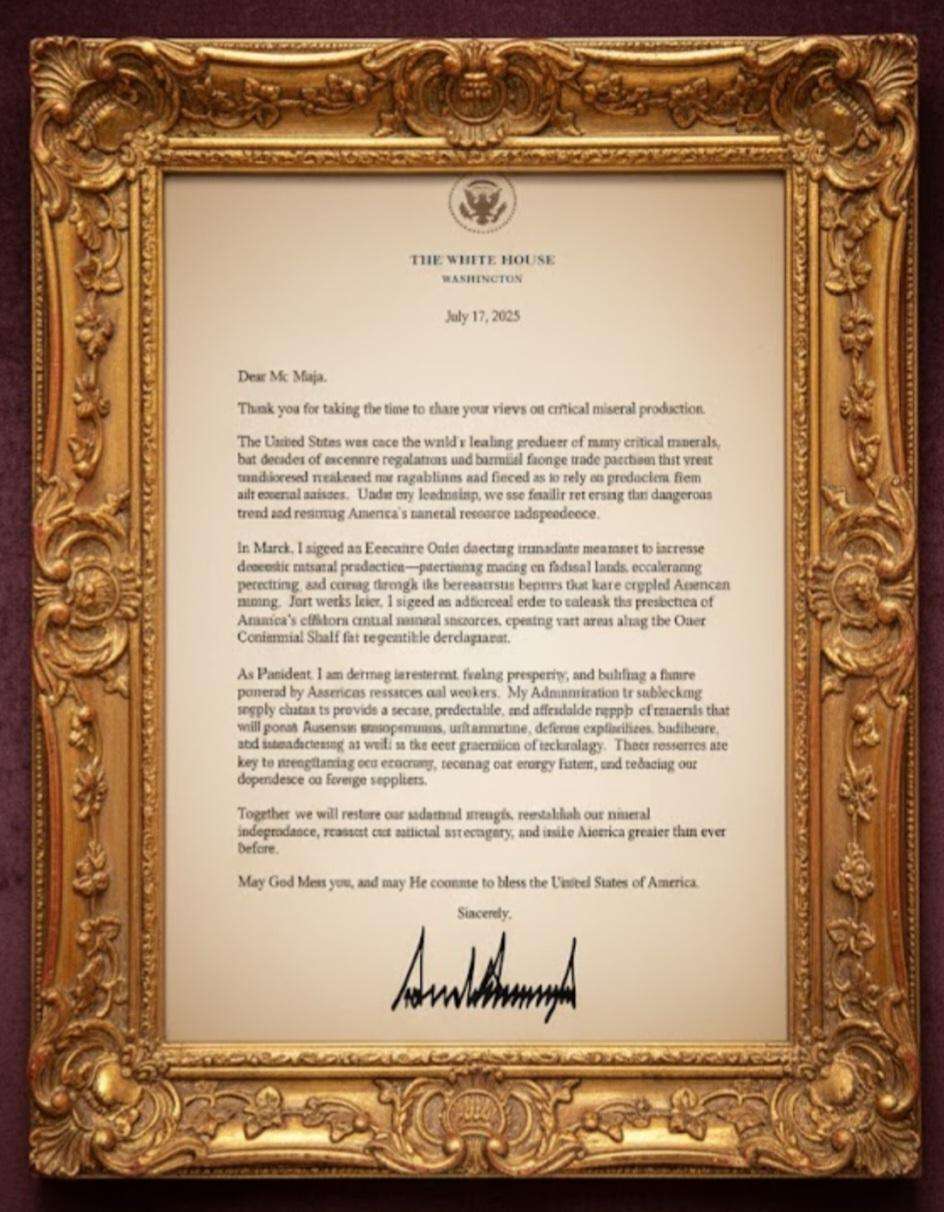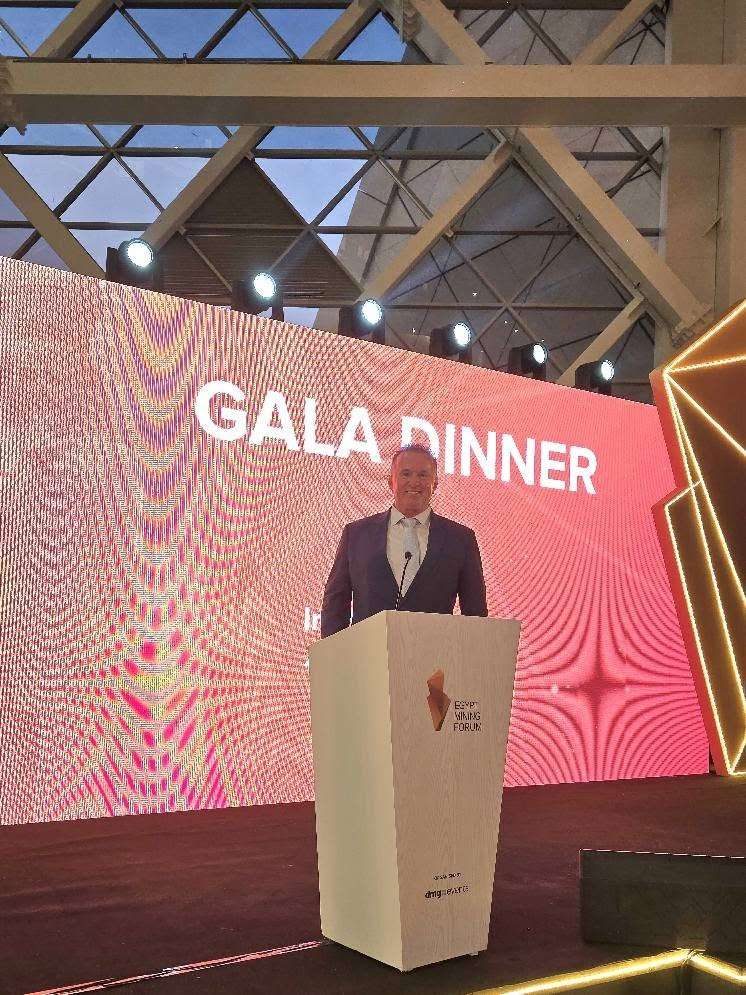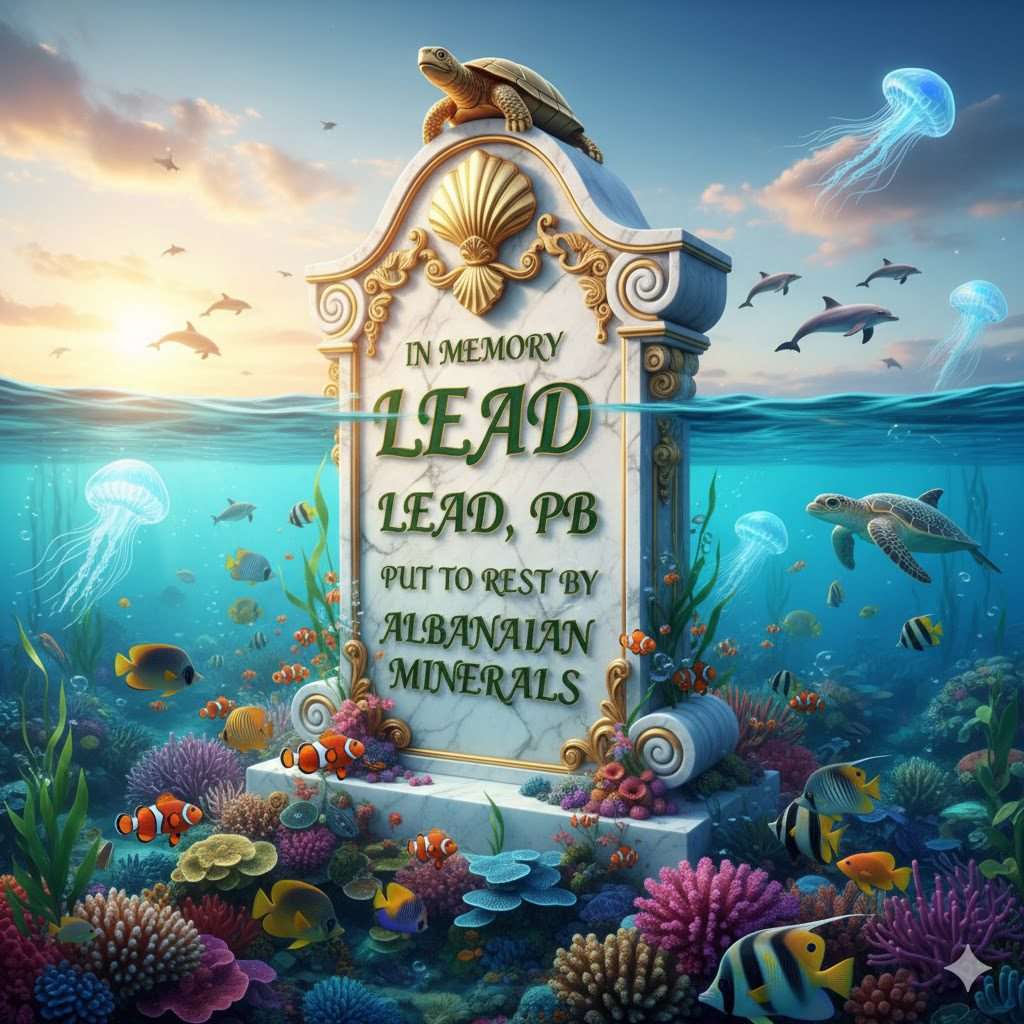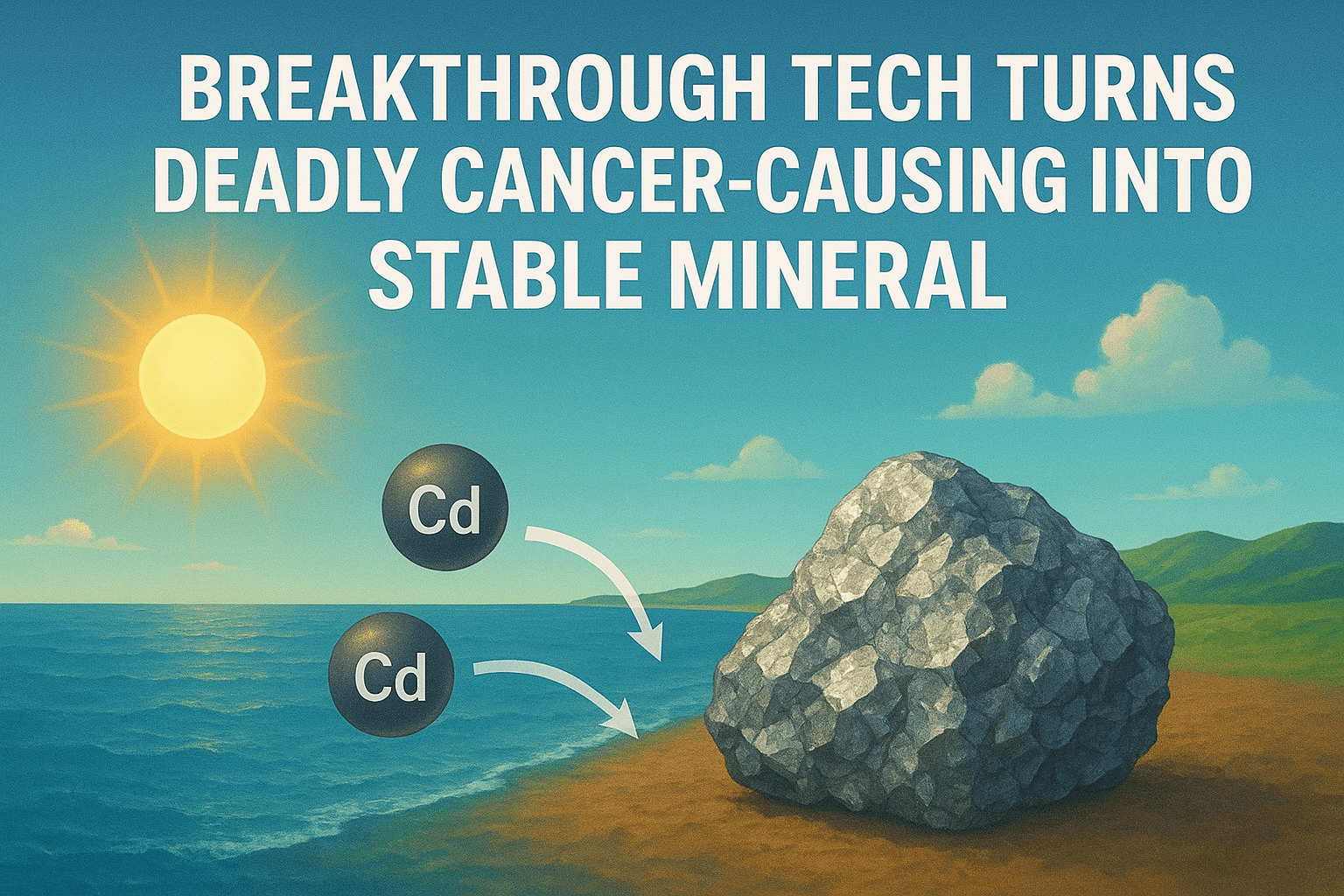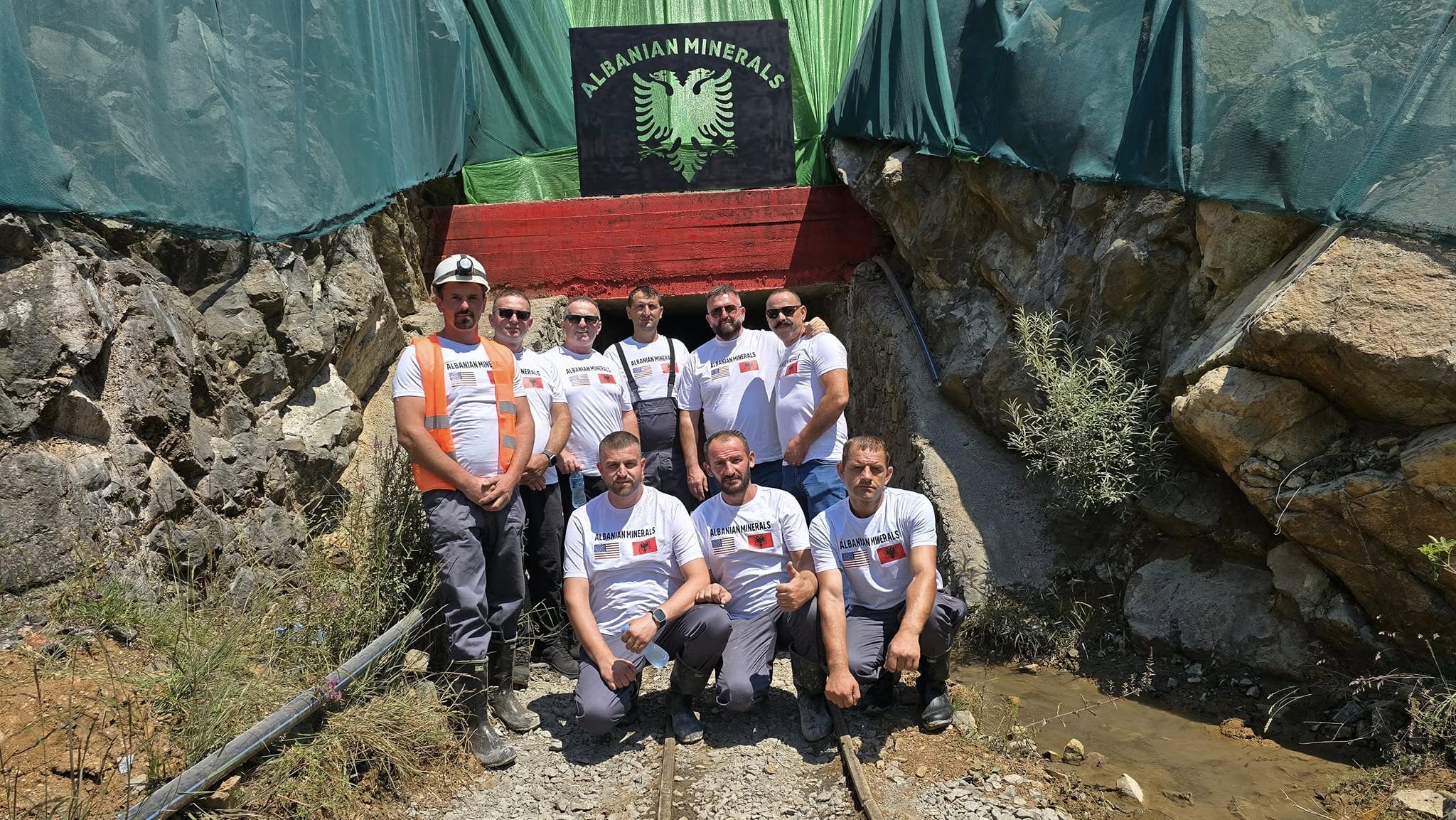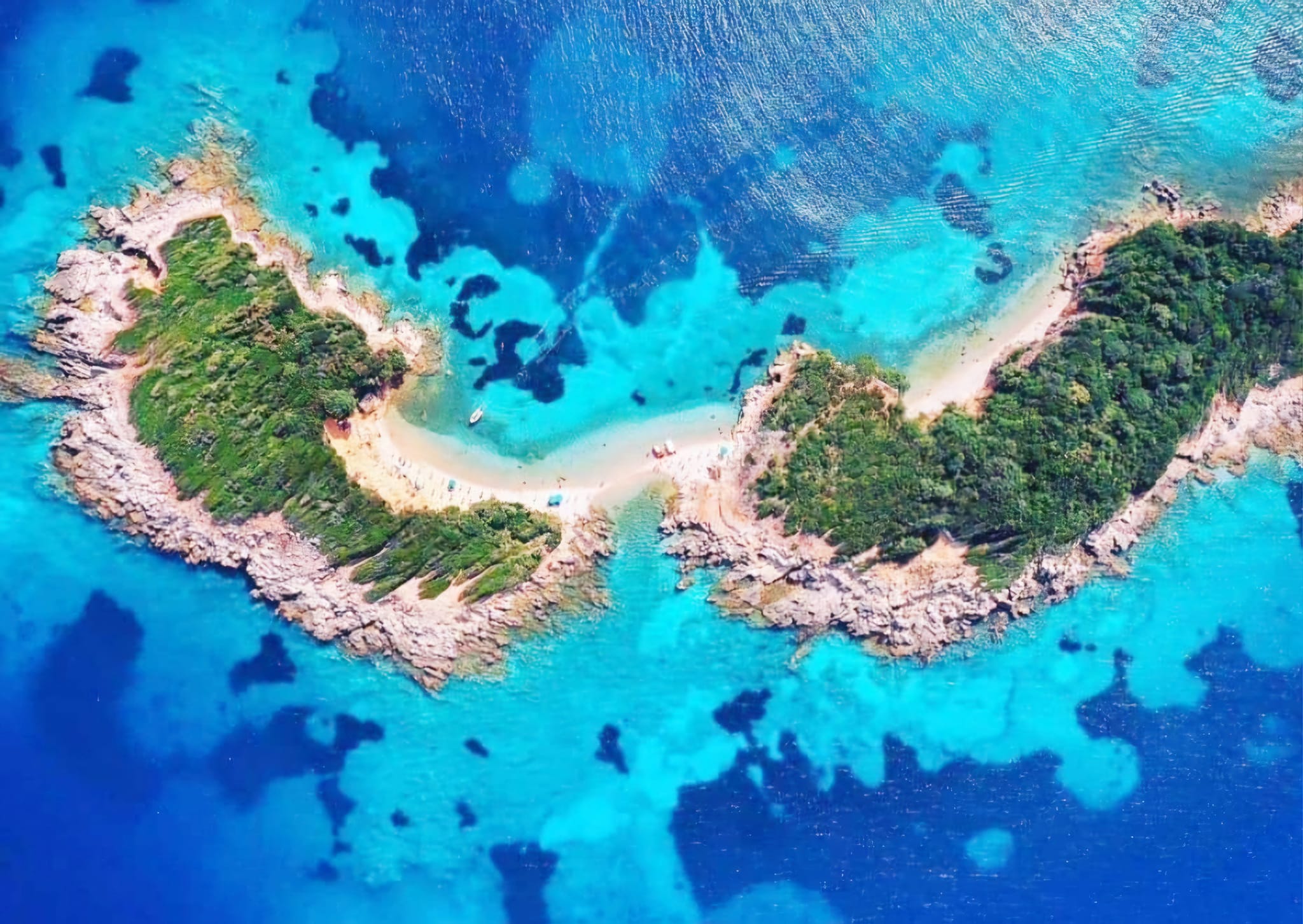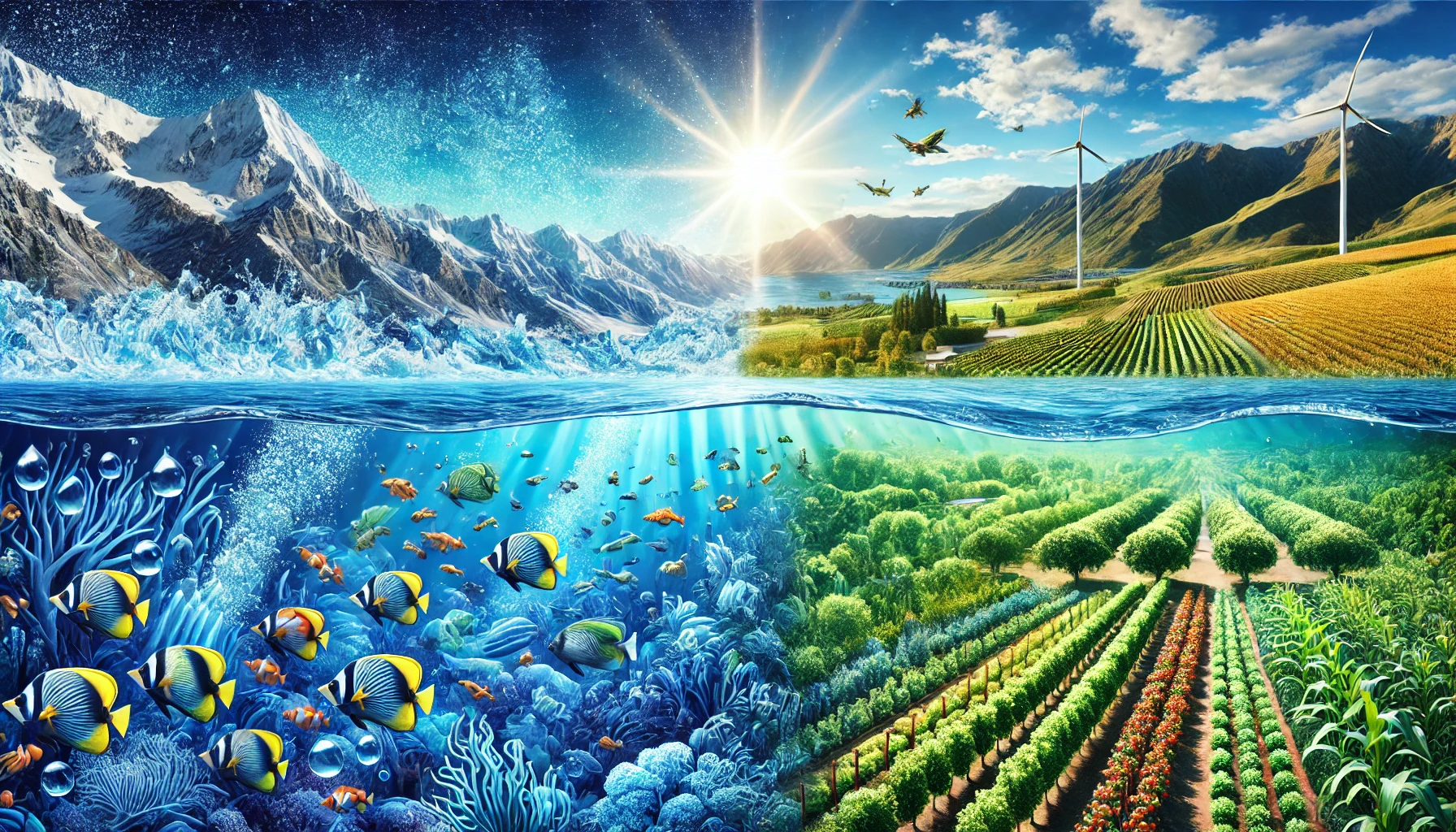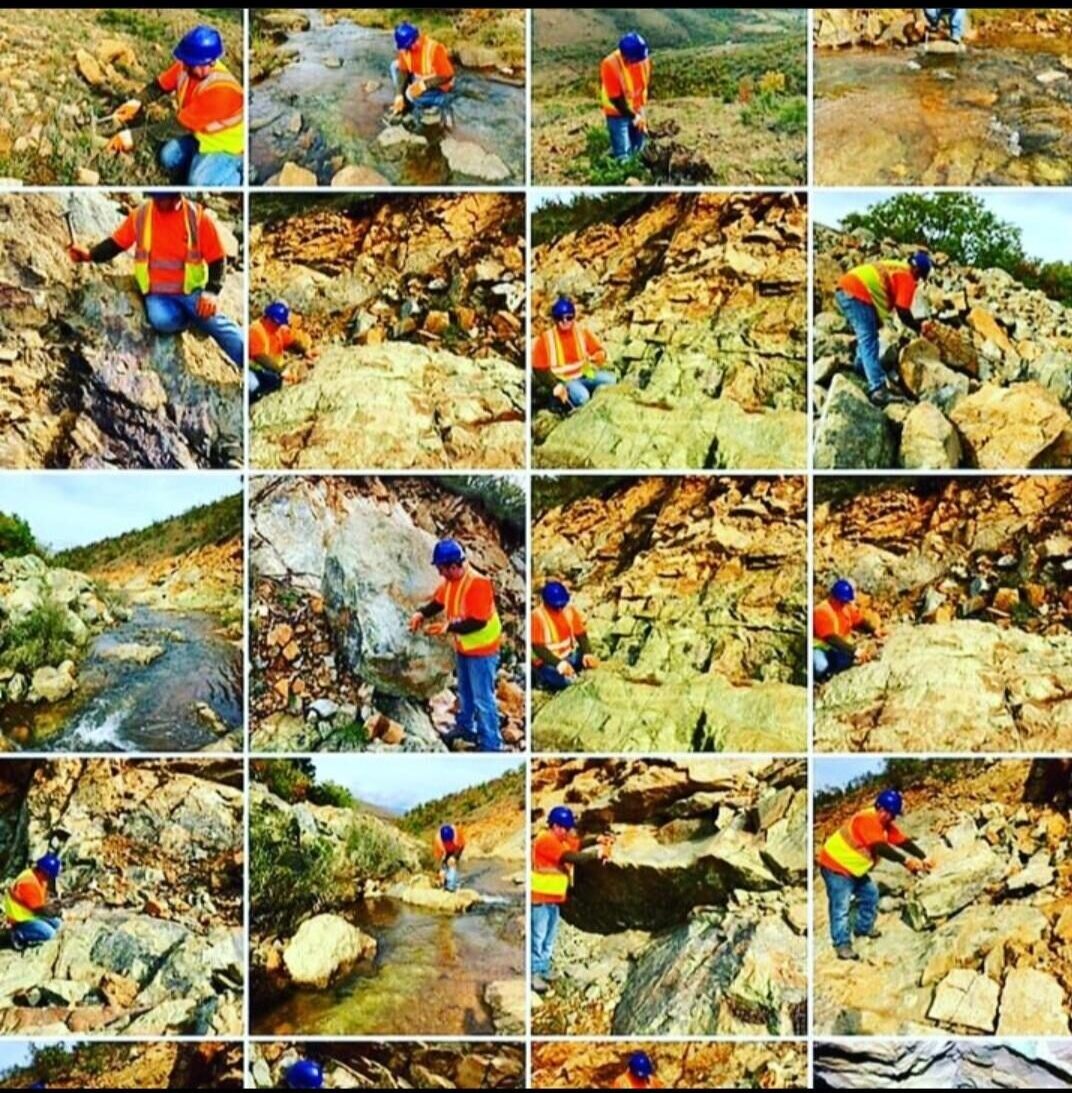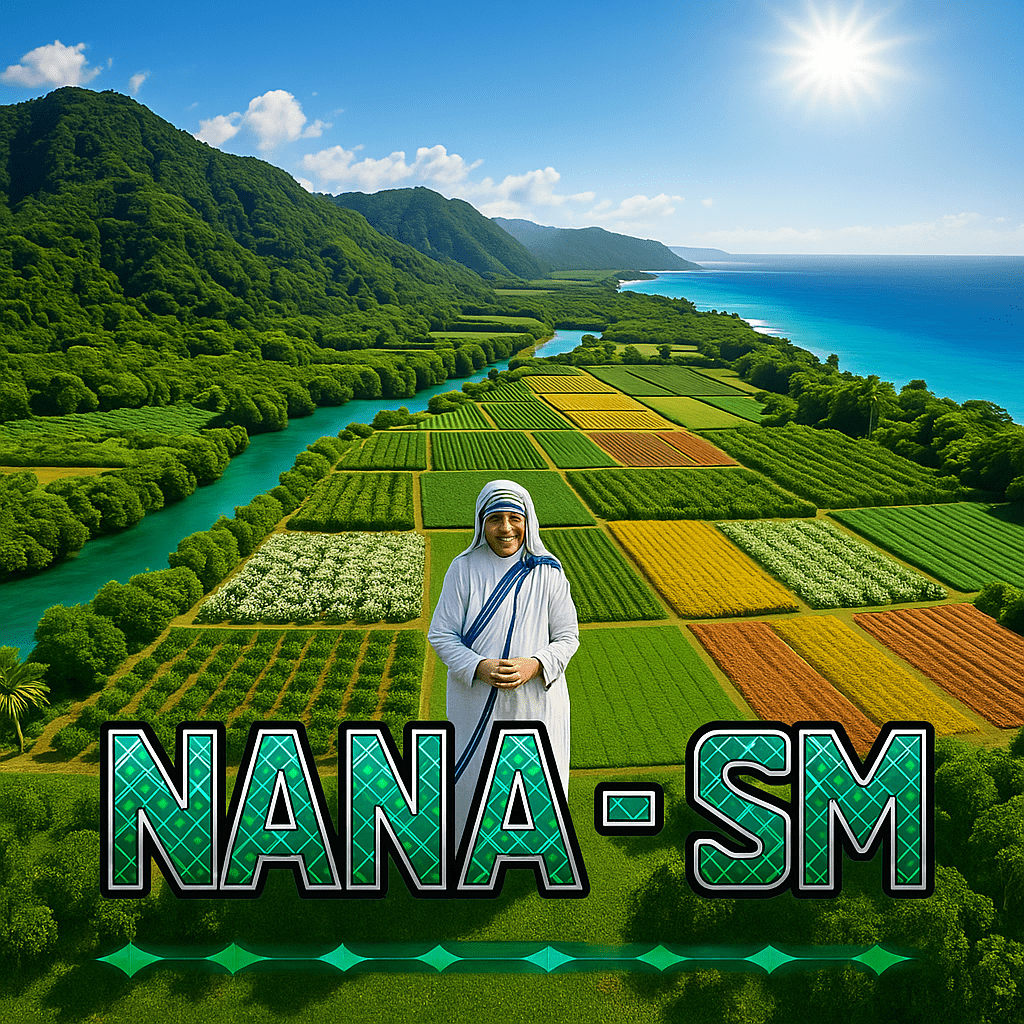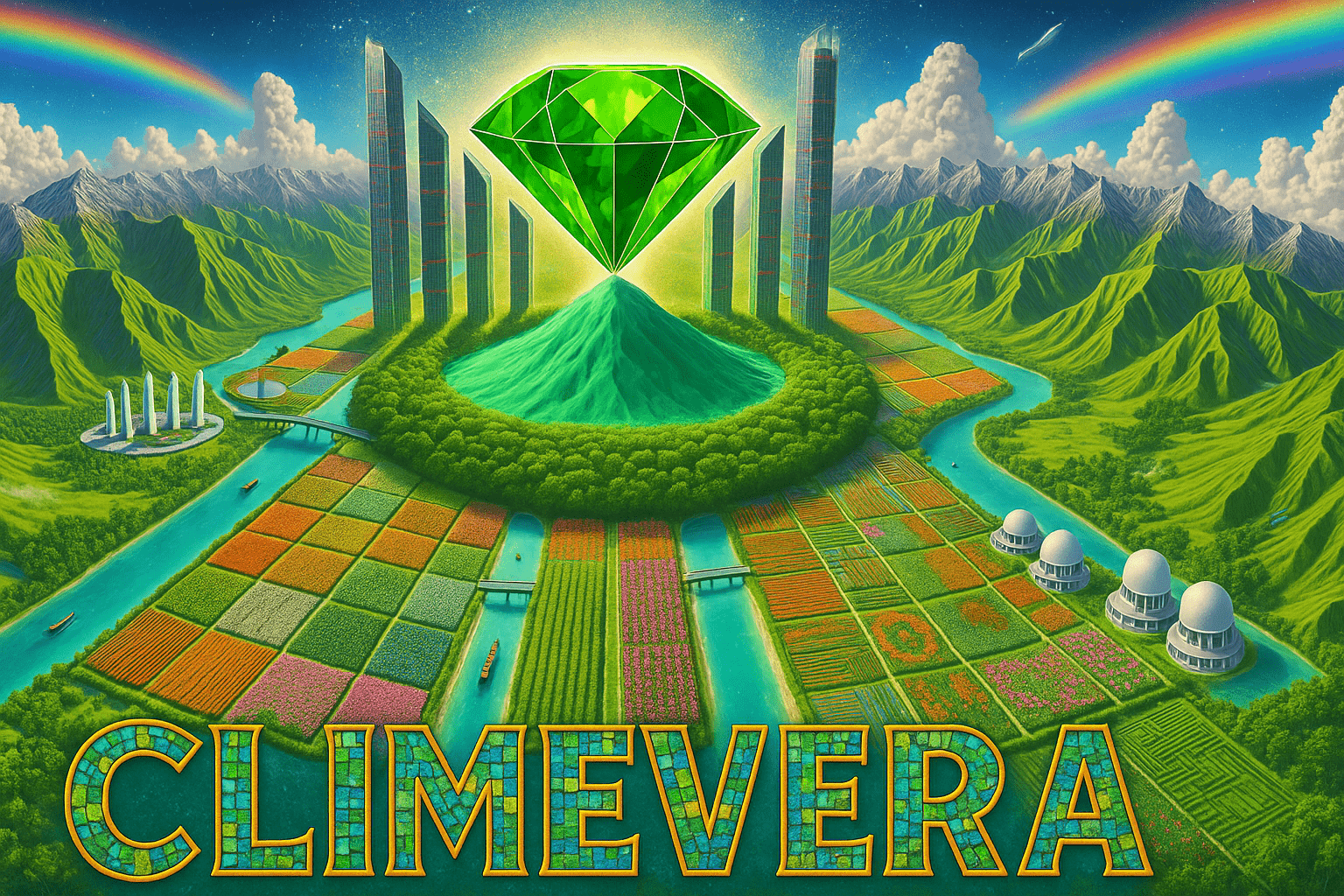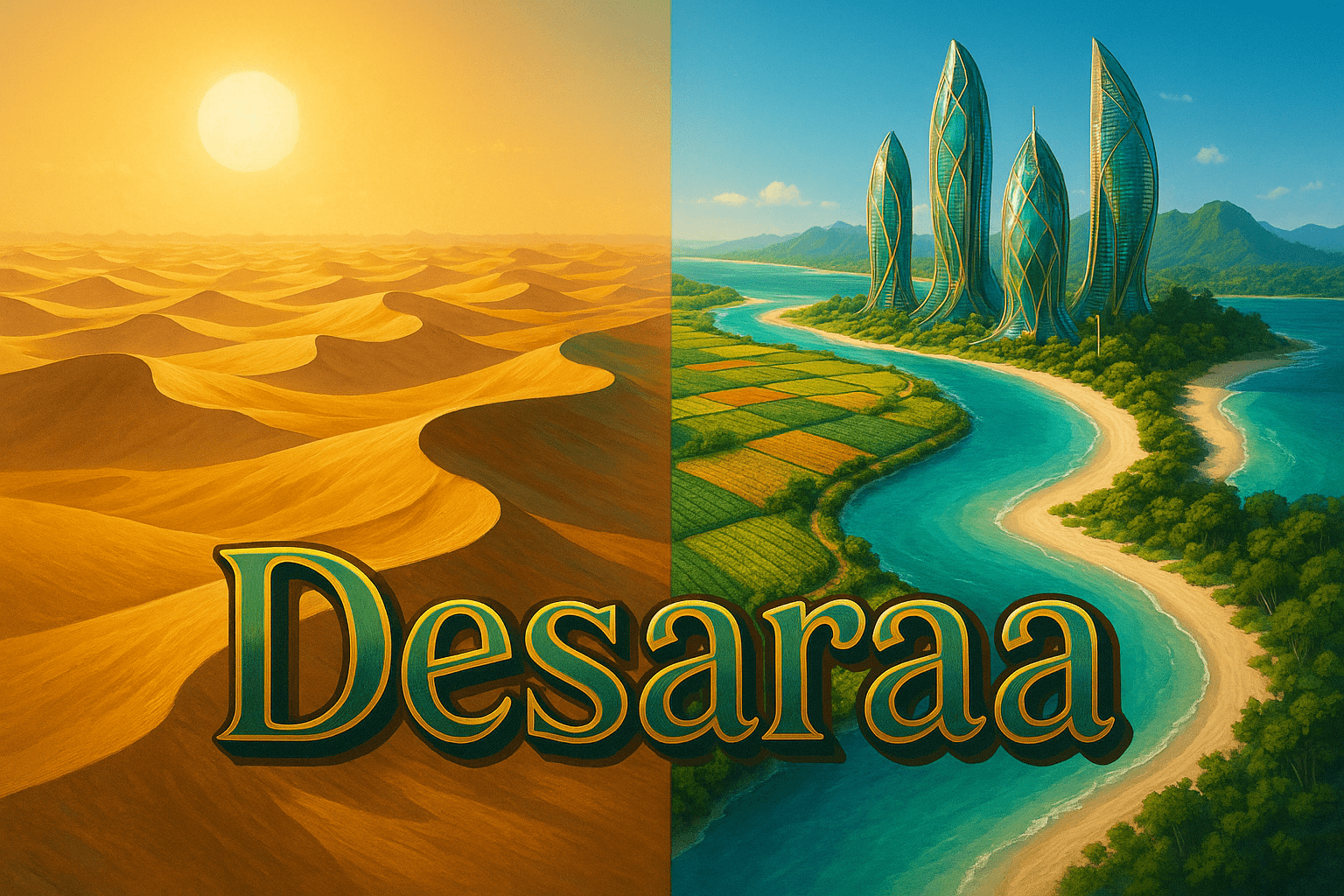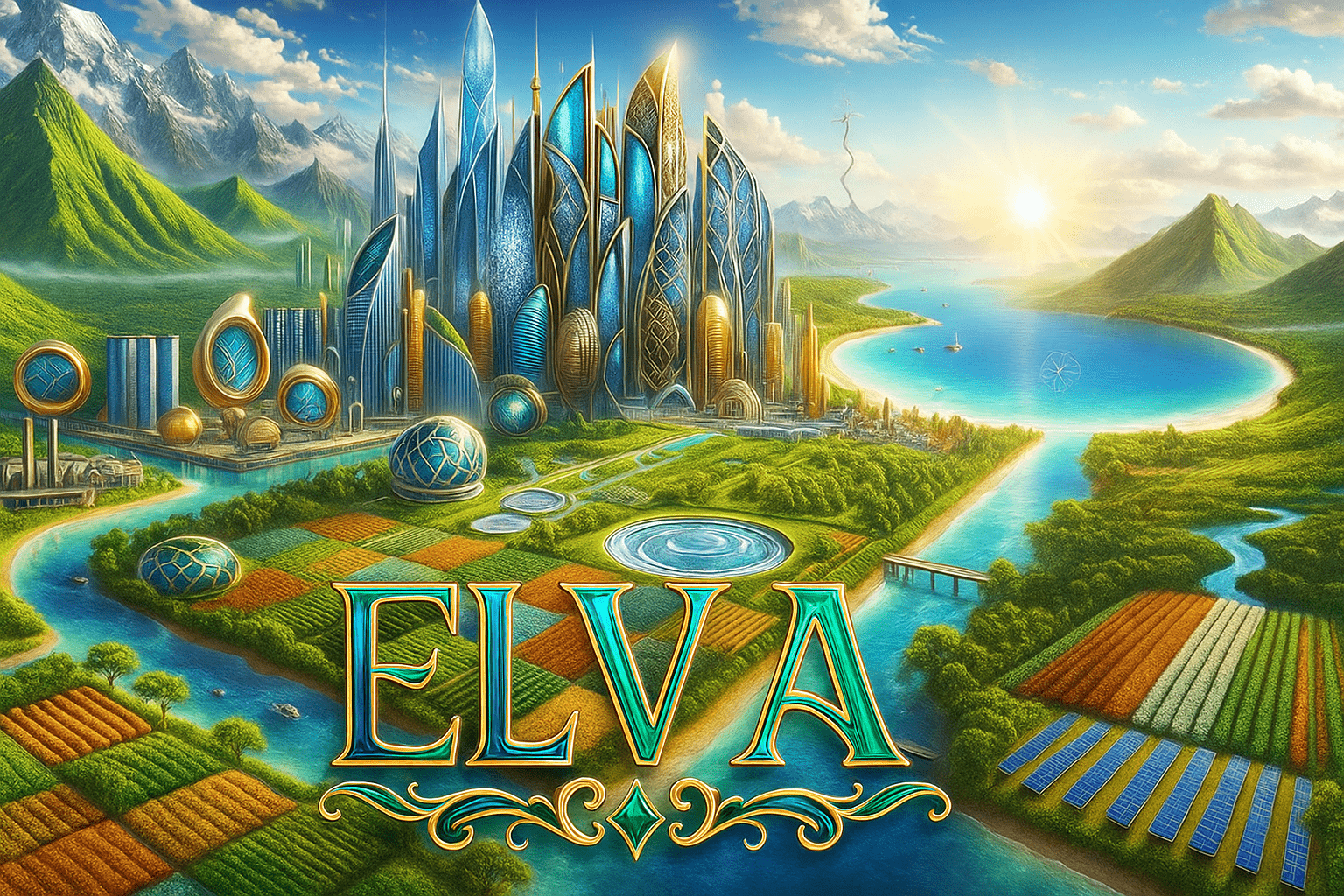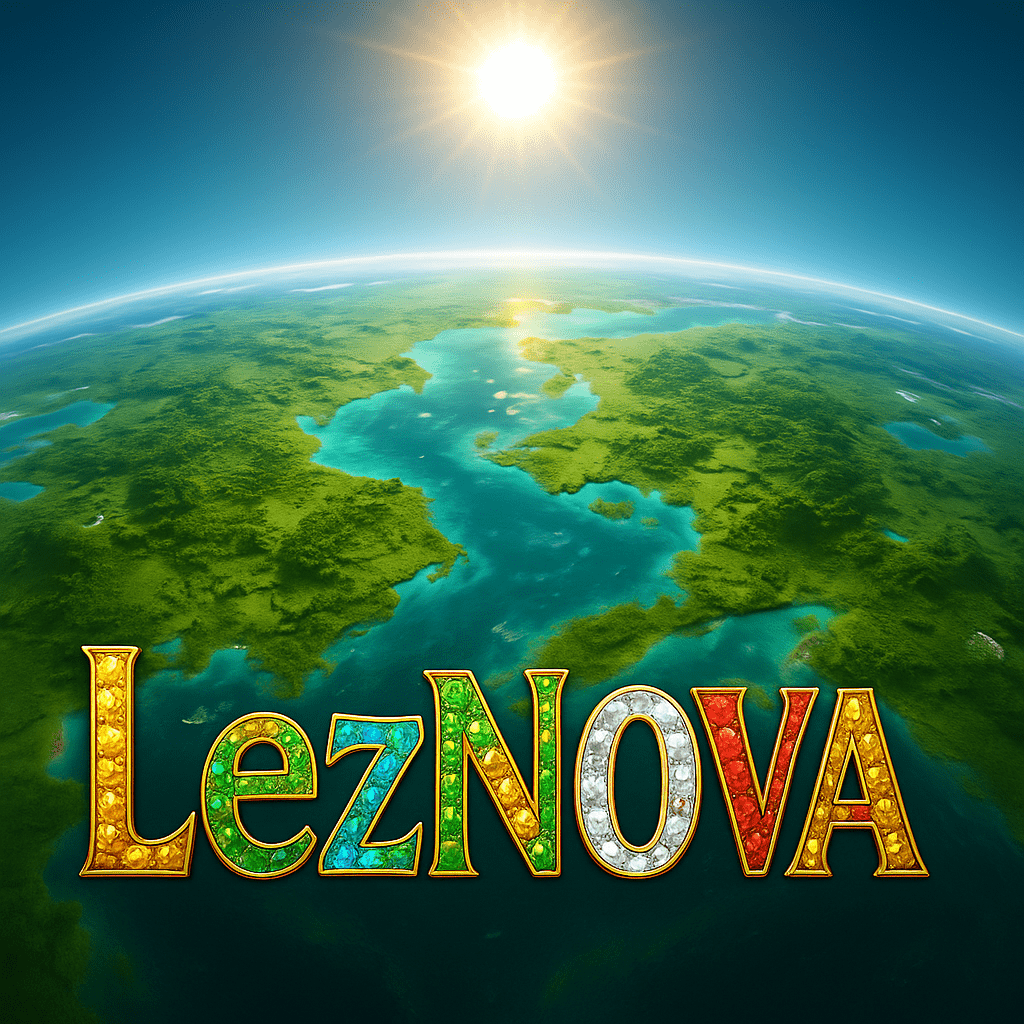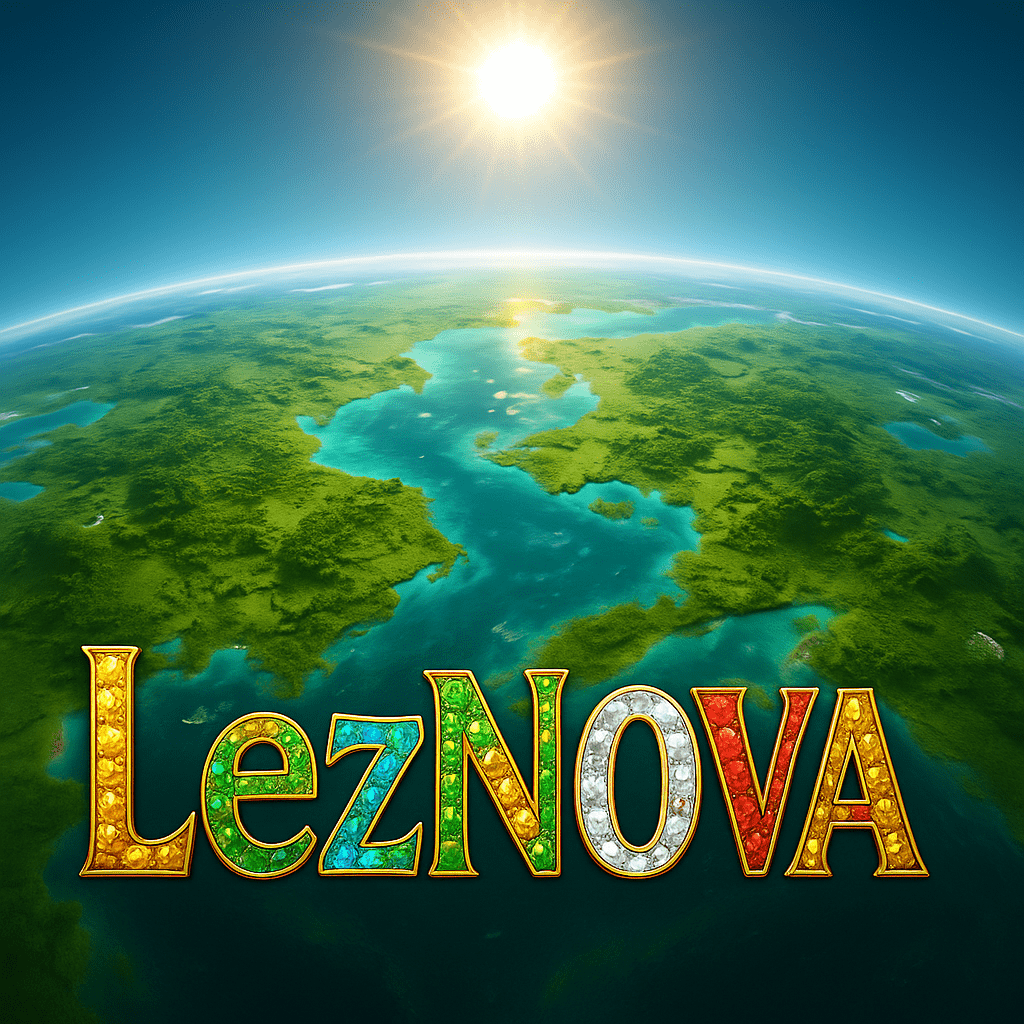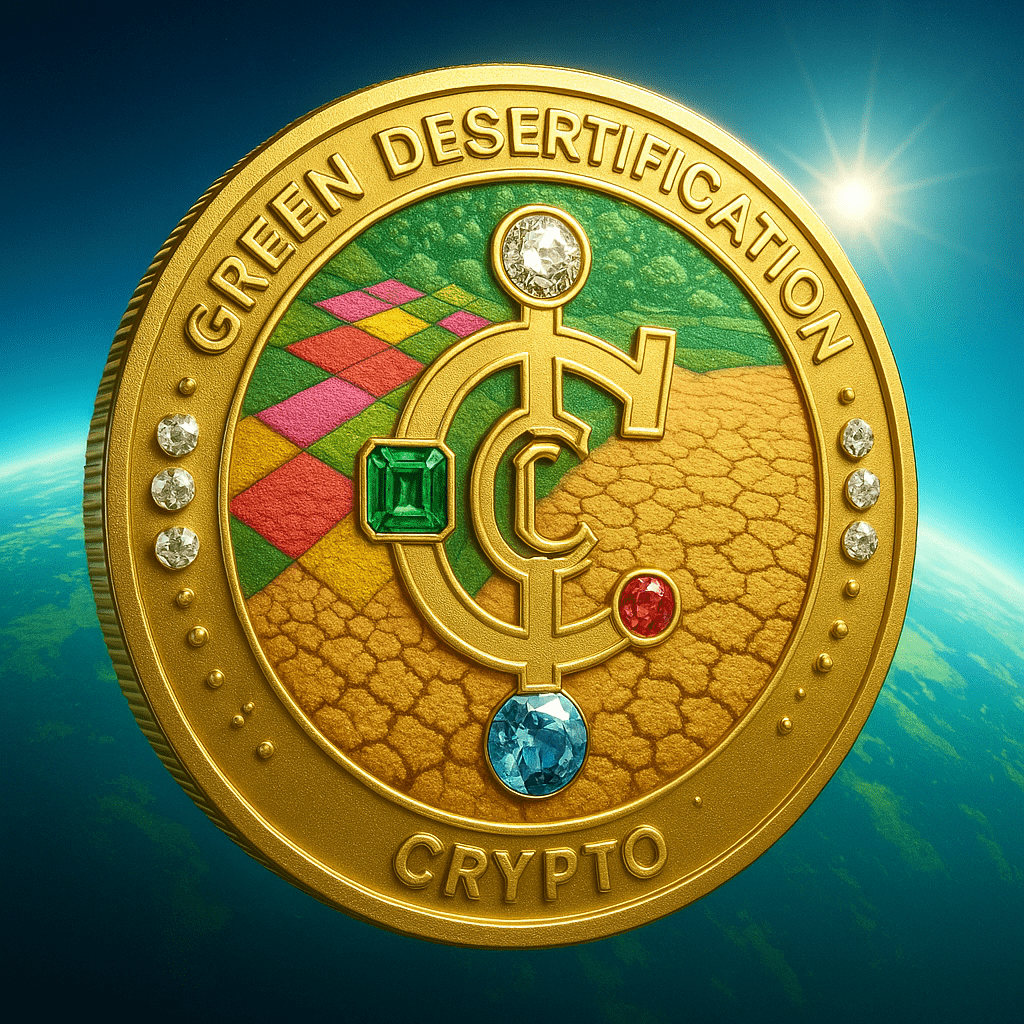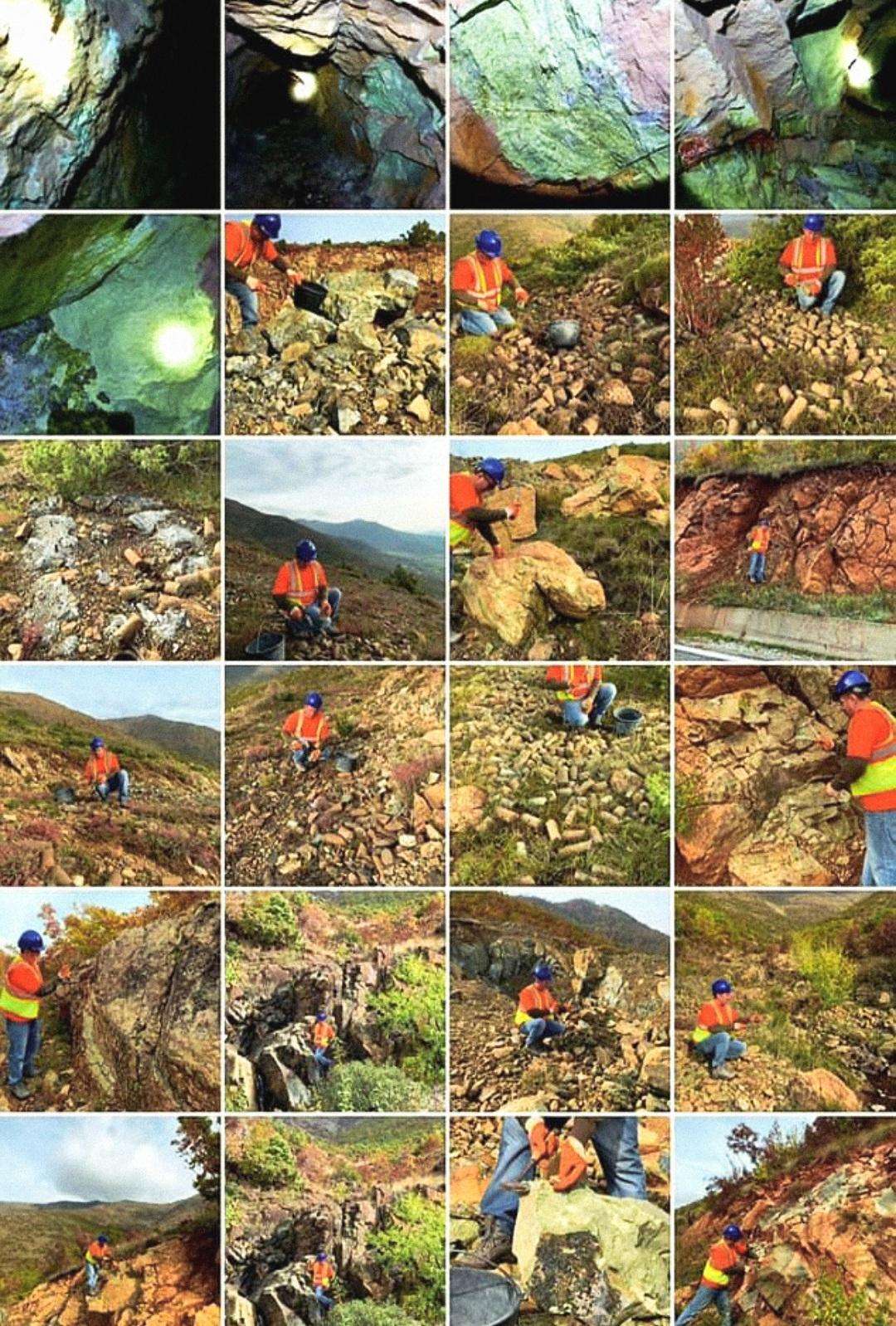
n a century defined by ecological fragility and industrial excess, one photograph—an unassuming frame of rock and earth—has become the emblem of a startling claim. “This picture speaks more than millions of words,” says entrepreneur and mineral magnate Sahit Muja, his voice steady with the certainty of a man who believes he is standing at the edge of a new geological epoch.
And indeed, the claim is bold: according to the company, Albanian Minerals now controls what it describes as the world’s largest and highest-grade magnesium-olivine reserves—an estimated 90% of all known high-grade deposits.
To Muja, this is not a mere business milestone. It is the foundation for a monumental shift in how humanity confronts environmental crisis.
The Mineral as Messiah: Magnesium olivine, a green silicate mineral forged in Earth’s mantle, has been known to geologists for centuries. But Muja frames it as something more—a natural mechanism of planetary self-healing that has been hiding in plain sight.
Through his lens, olivine becomes nature’s molecular architect:
a purifier, a stabilizer, a regenerative force capable of capturing carbon dioxide, neutralizing acidity, restoring soils, detoxifying polluted waters, and binding heavy metals into harmless minerals.
Every grain, he argues, functions as a microscopic environmental reactor.
Every particle, a quiet mechanism of renewal.
“This mineral is Verdant Gold,” Muja says. “Not for its color, but for its purpose.”
Standing Between Two Epochs: Sahit Muja speaks of Earth’s systems with both reverence and alarm. Pollution, climate instability, collapsing ecosystems—these are not abstractions to him but symptoms of a deeper imbalance.
“Humanity has treated nature as a machine,” he says, “not as a partner, not as a living intelligence.”
Yet, he insists, within this crisis lies the greatest opportunity in industrial history:
to convert environmental catastrophe into a regenerative global economy.
And the key to that transformation, in his view, lies beneath Albanian soil.
Regenerative Capitalism: In Muja’s philosophy, the old extractive industrial model is obsolete. The future lies in regenerative capitalism, where minerals like olivine are used not to strip the Earth but to heal it.
Rather than mining to remove, he envisions mining to restore.
His company positions olivine as the core of that restorative system:
Each ton of olivine sequesters one ton of CO₂.
It neutralizes acidifying oceans and soils.
It detoxifies pollutants—from lead and mercury to arsenic and sulfur.
It replenishes agricultural nutrients across degraded landscapes.
This is not, as Muja describes it, a technology of extraction, but a technology of re-equilibrium.
Magnesium: The Element of Life
At the heart of his narrative is magnesium itself—an element central to life on Earth.
Magnesium anchors chlorophyll, the molecule that powers photosynthesis.
It fuels ATP, the energy molecule of every living cell.
It stabilizes the heartbeat, fortifies bone structure, regulates the nervous system, and supports countless enzymatic functions.
To restore magnesium to the biosphere, Muja argues, is to restore vitality itself—to forests, oceans, soils, and humanity.
Engineering with Earth’s Own Intelligence
Albanian Minerals leverages geology, artificial intelligence, and renewable energy to scale olivine’s natural chemistry. Muja describes a system that works with nature rather than against it—processes powered by sunlight, water, wind, and gravity.
In his vision:
Deserts bloom again with fertile soil.
Rivers run clear where toxins once flowed.
Cities breathe easier as olivine absorbs atmospheric pollutants.
Oceans slowly recover their lost alkalinity.
Science meets harmony; industry meets ecology.
A Bridge Between Worlds
Muja often returns to dualities—biology and geology, science and spirituality, human intelligence and Earth’s ancient knowledge. Olivine, to him, is the bridge between these realms, a mineral that encodes billions of years of equilibrium.
“The Earth has already written the formula,” he says. “Humanity need only follow it.”
A Planet Reimagined
Whether Muja’s grand vision becomes global policy or remains a monumental ambition will depend on adoption, scale, and time. But his message is unmistakable:
Pollution can become raw material.
Carbon can become currency.
Waste can become wealth.
Extraction can become restoration.
For Muja, Verdant Gold is not merely a mineral—
it is a manifesto for a new industrial era, one in which human enterprise does not degrade the planet, but heals it.
In a world torn between collapse and regeneration, Sahit Muja offers a narrative few industrialists dare to propose:
that the answers to our greatest crises may already exist within the Earth itself, waiting to be understood, activated, and ultimately embraced.
